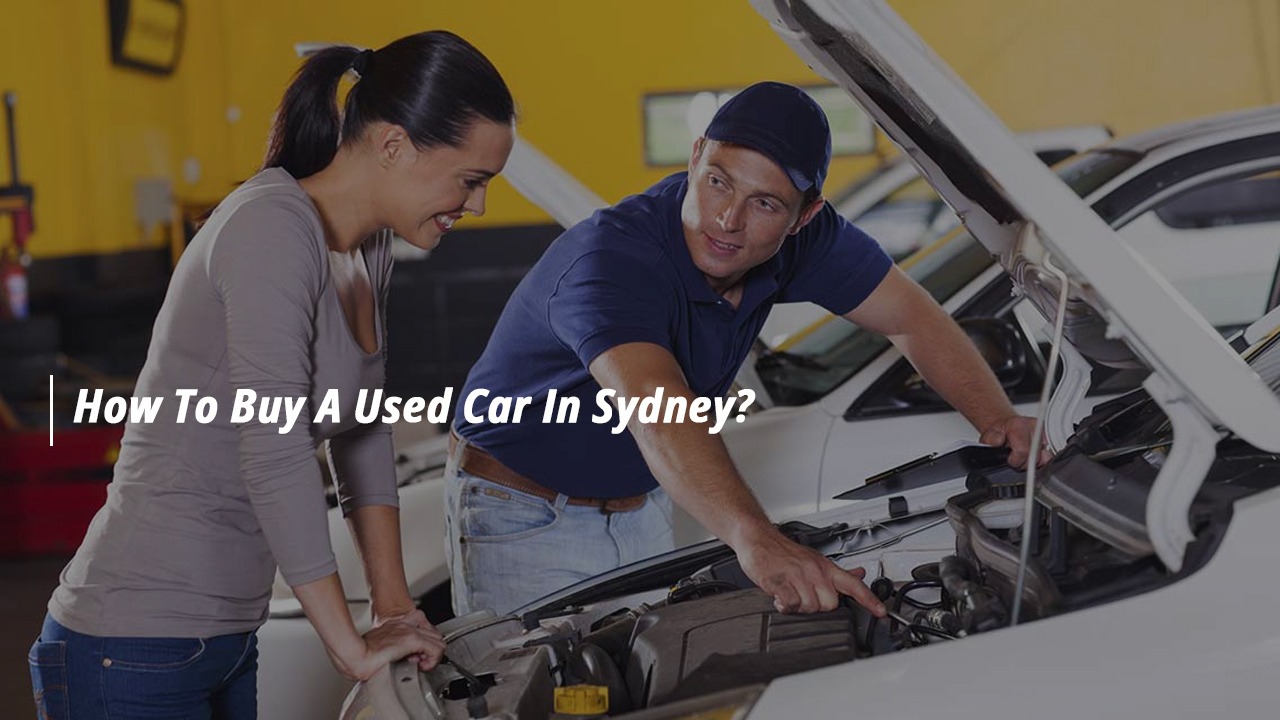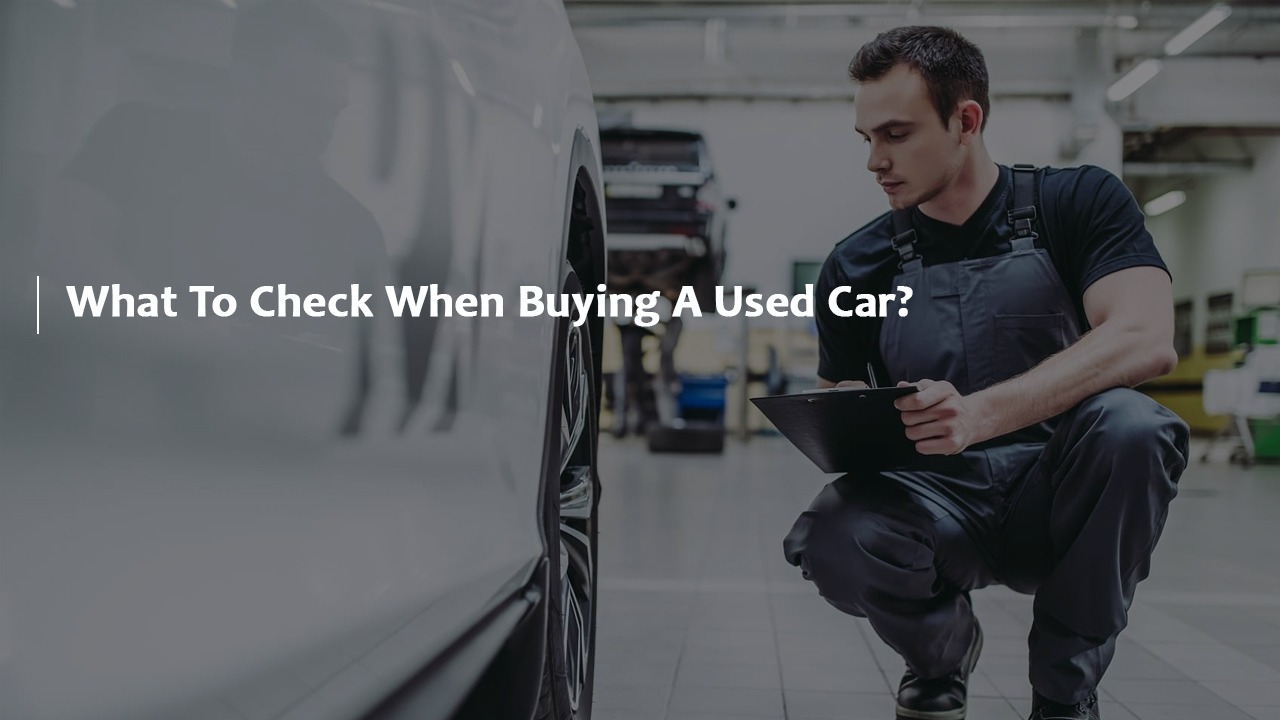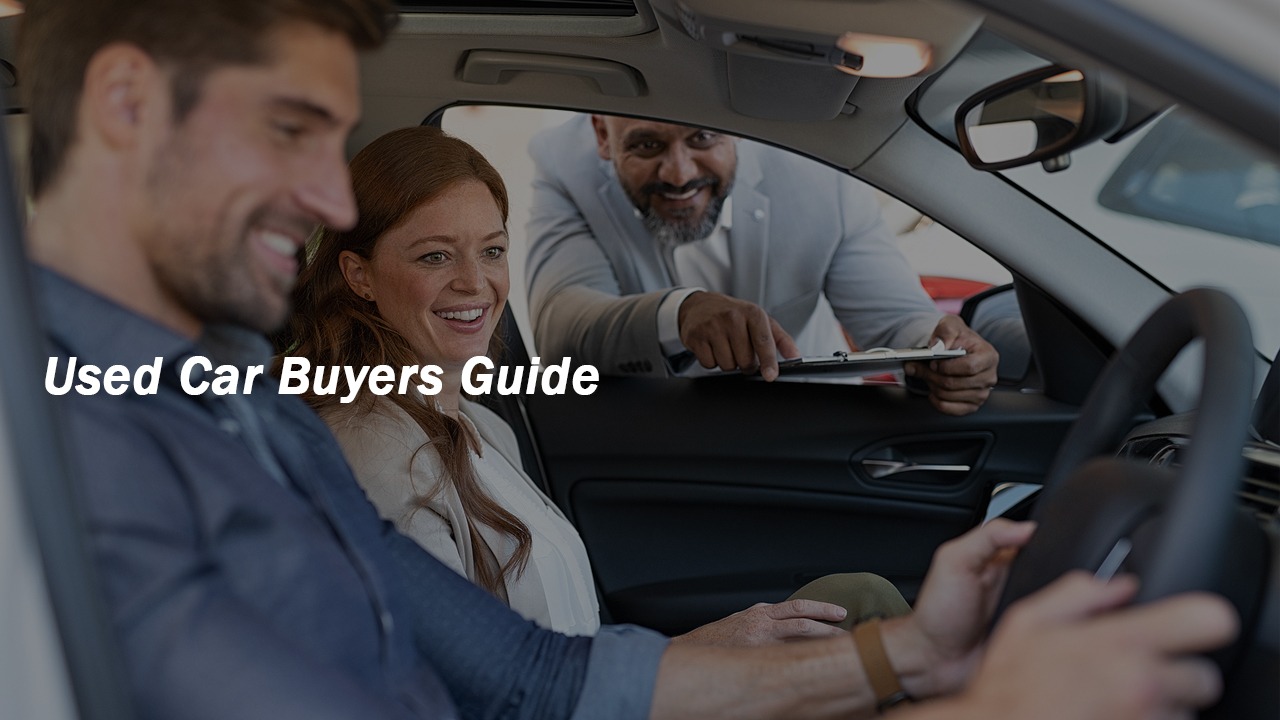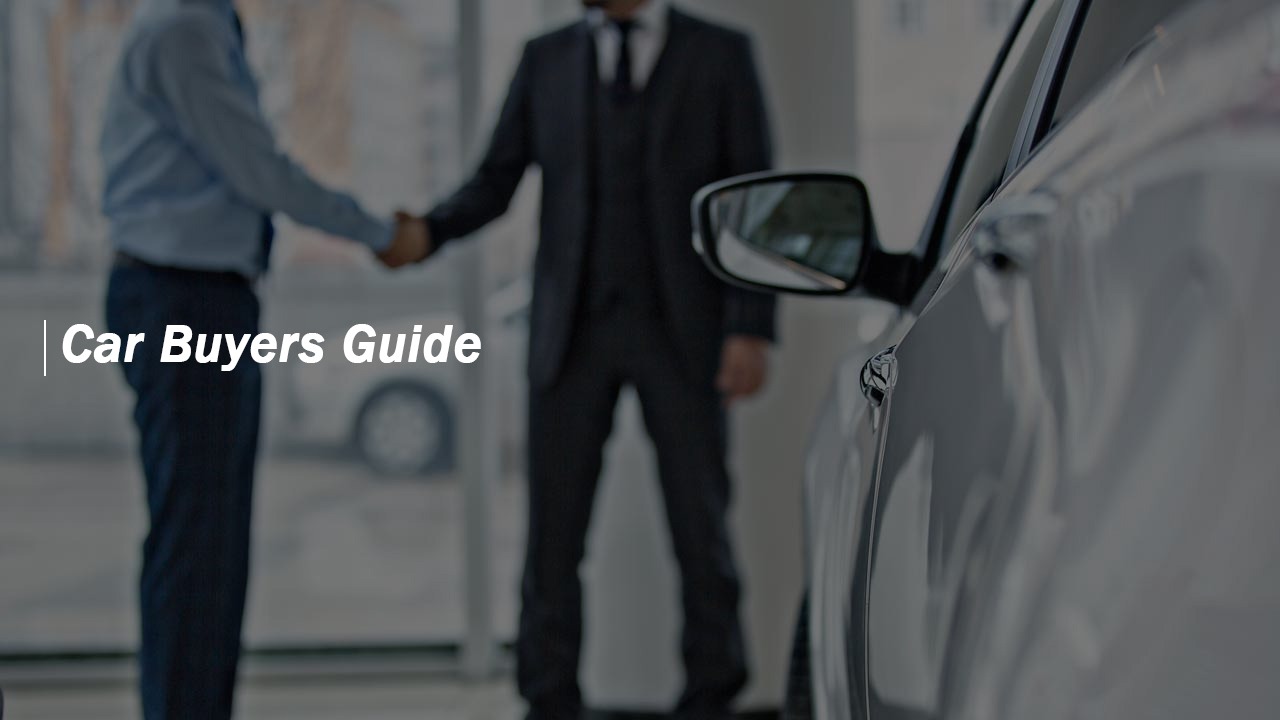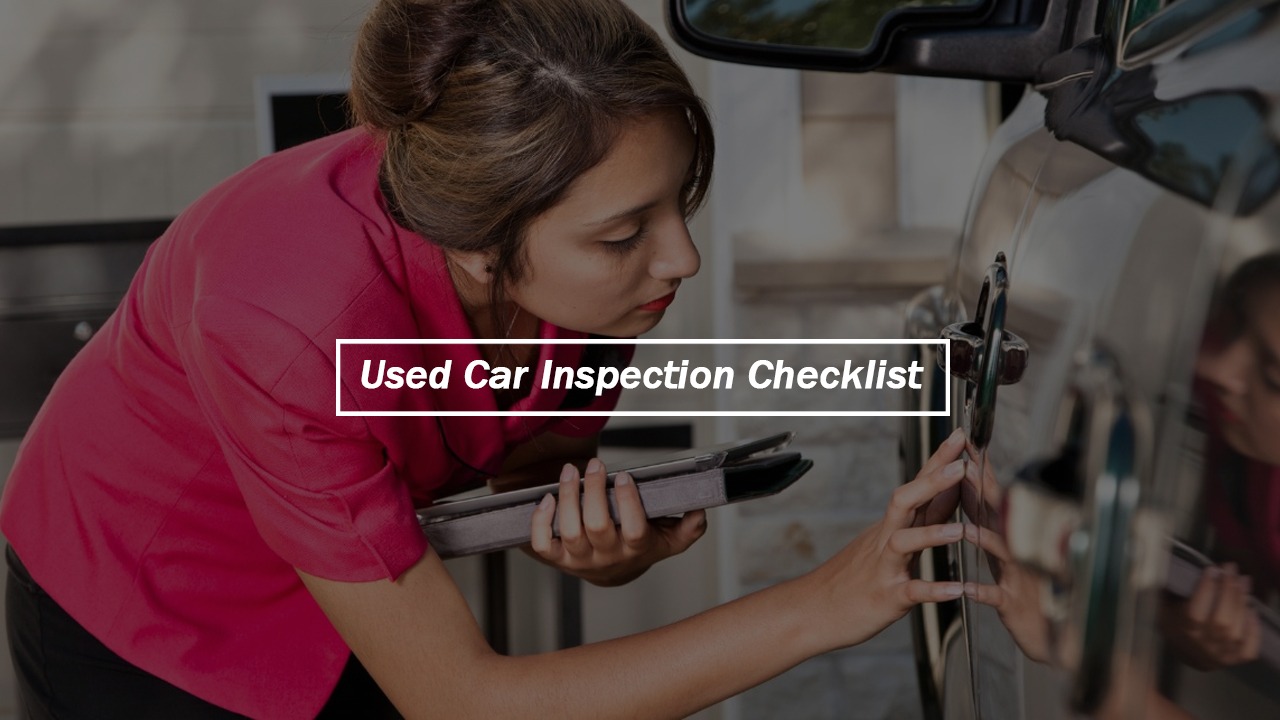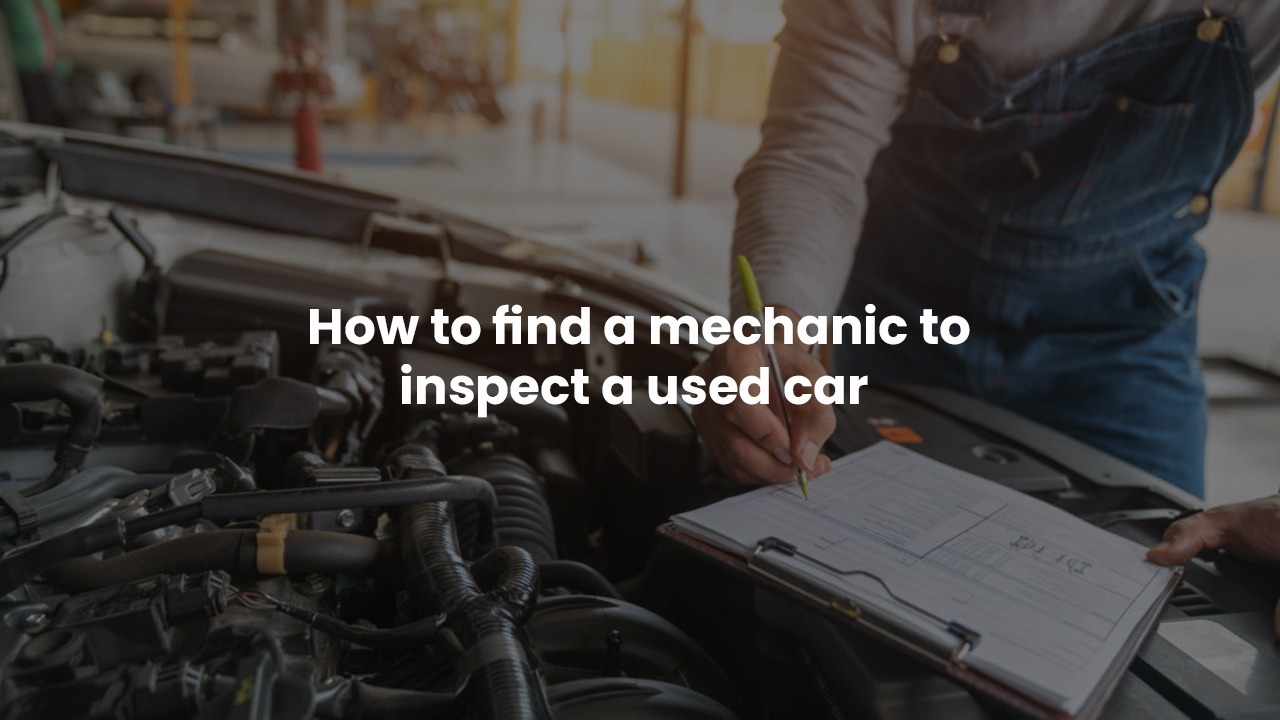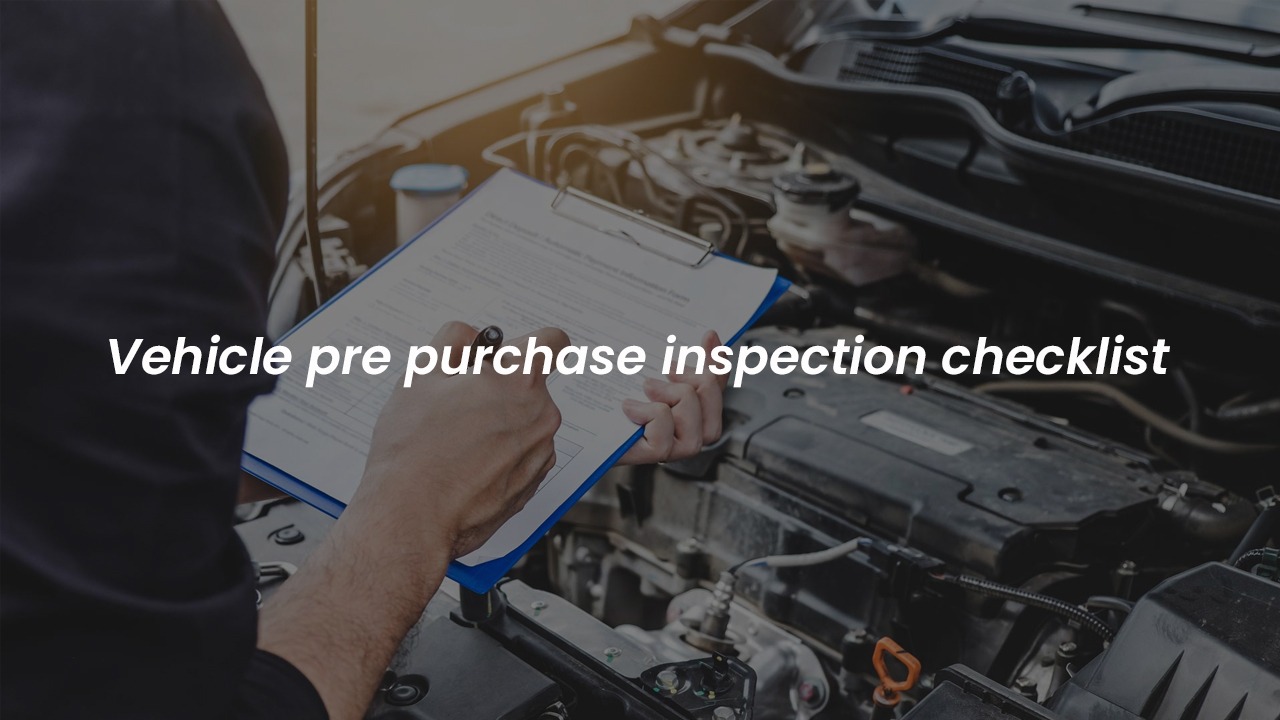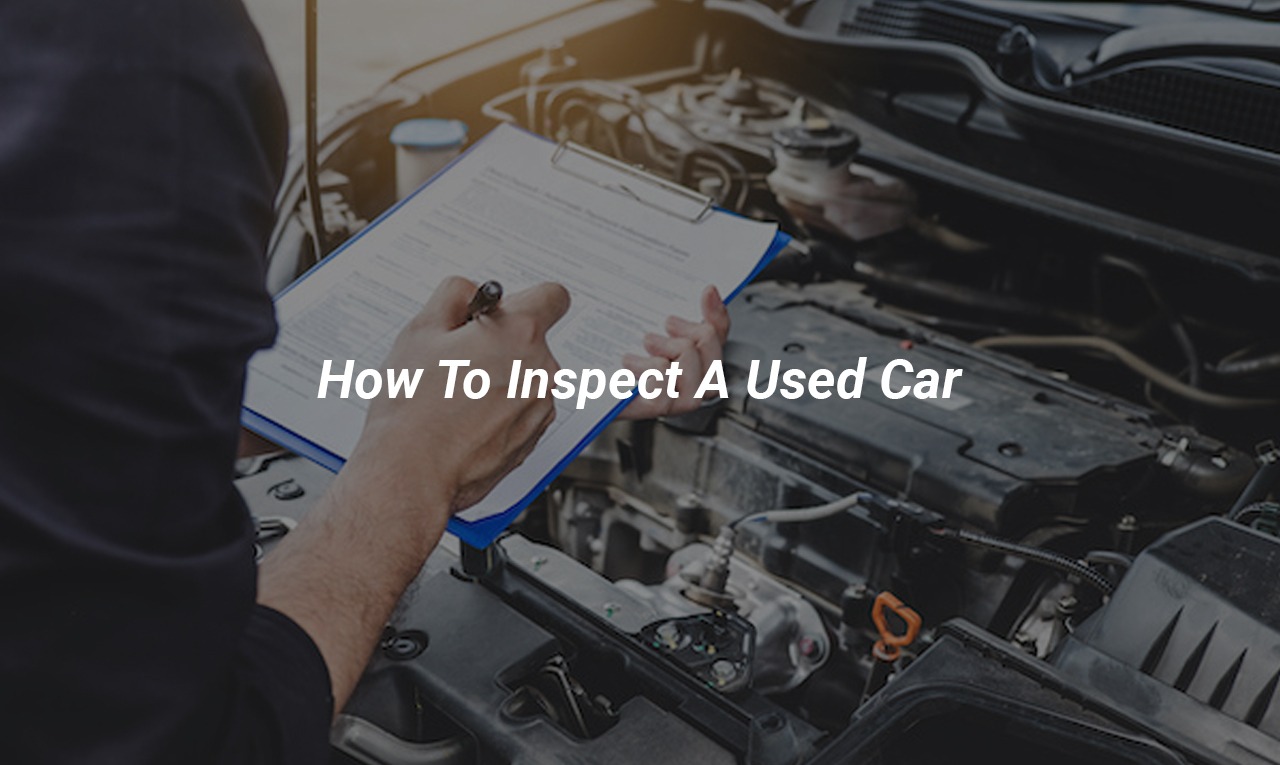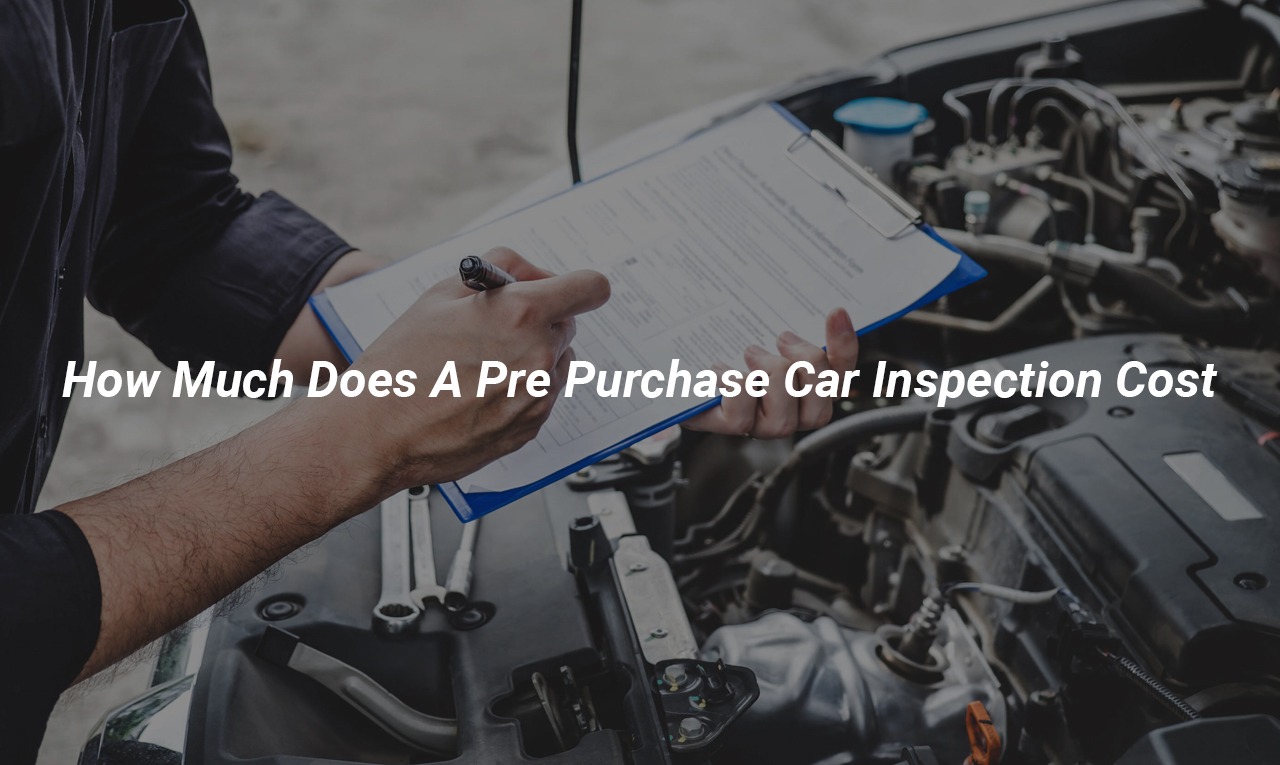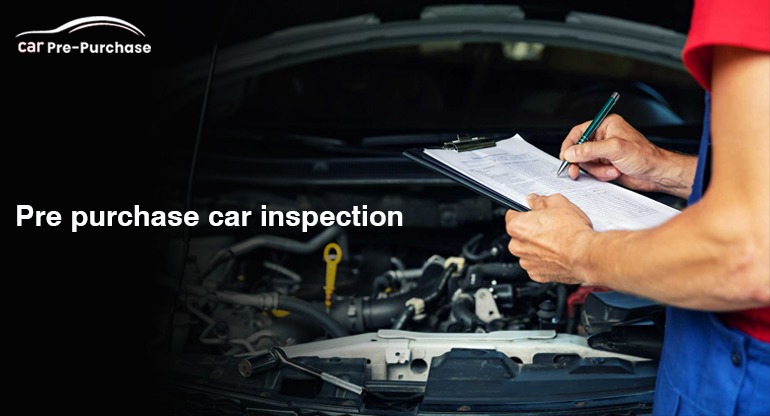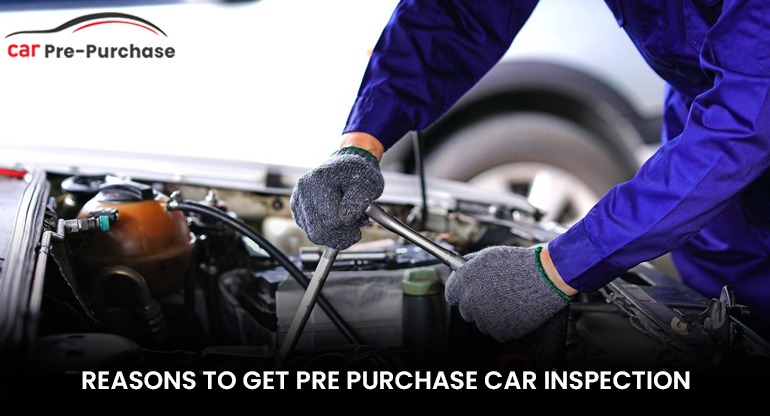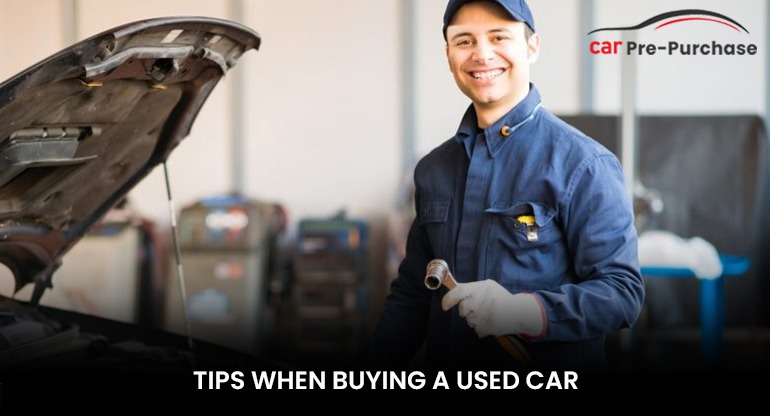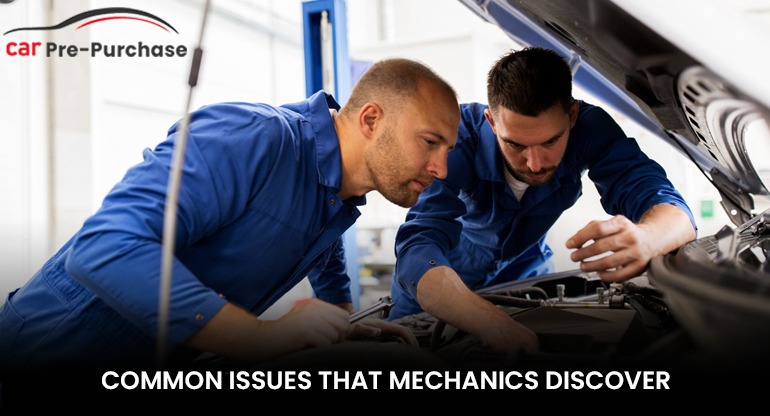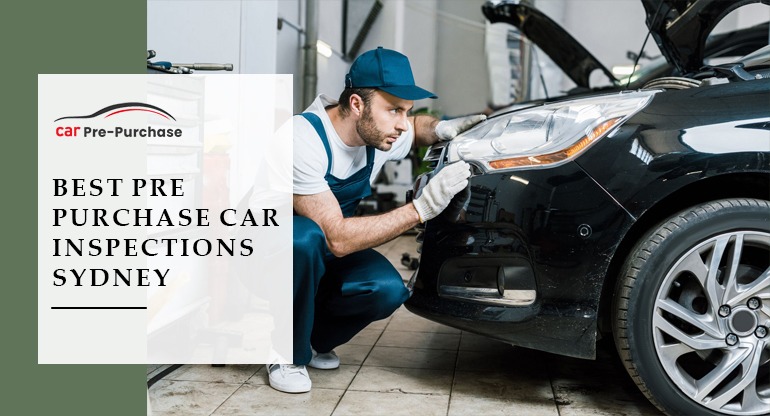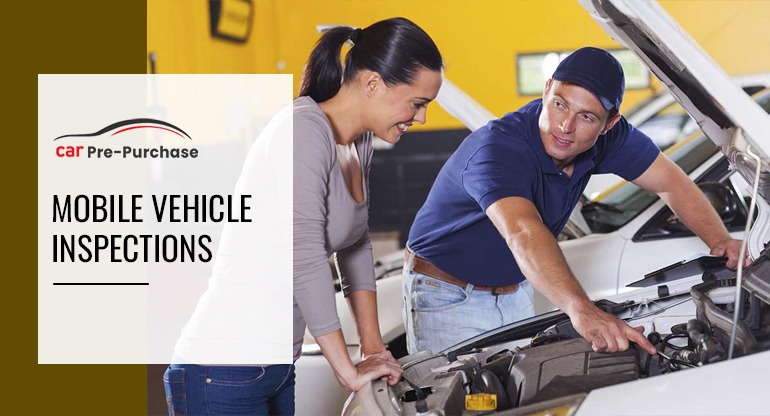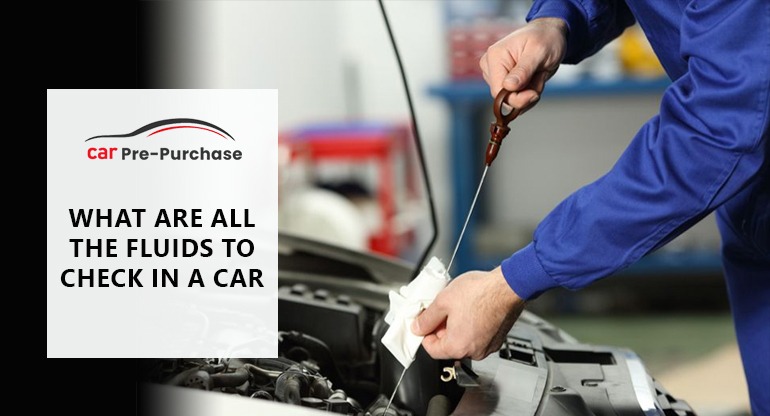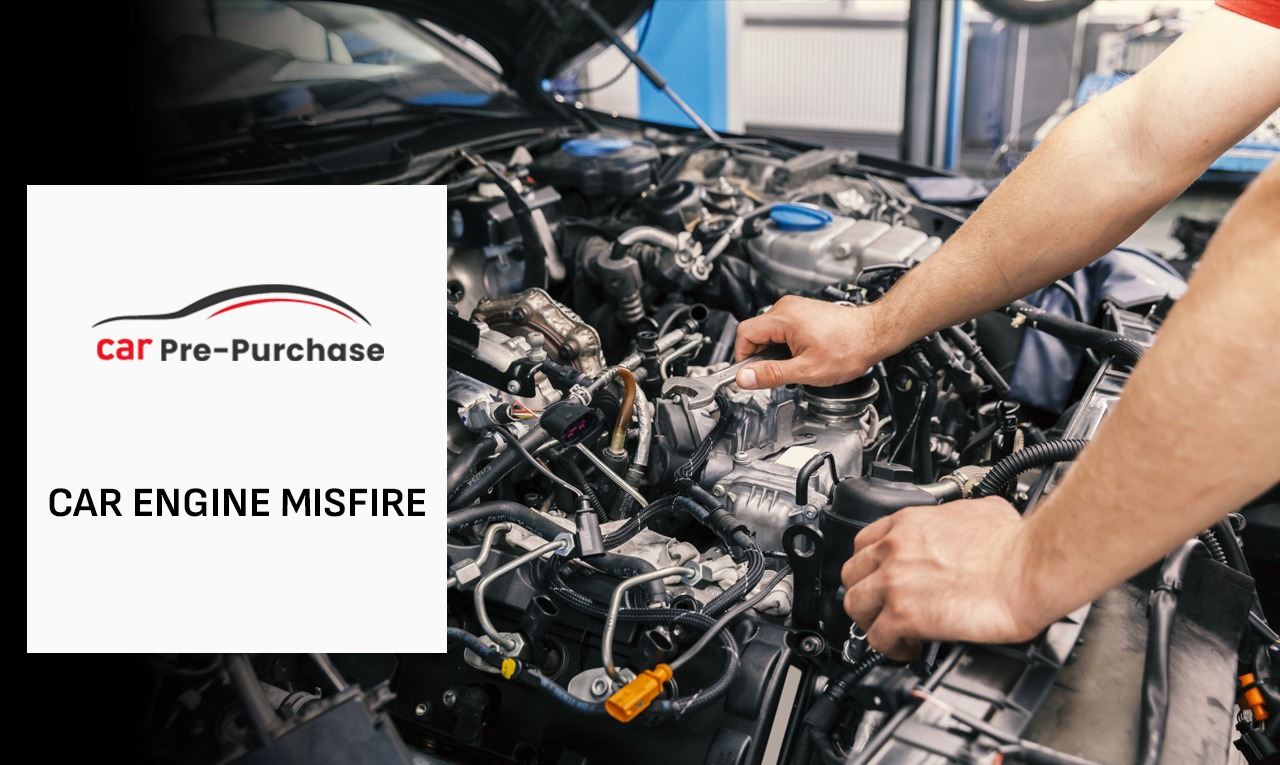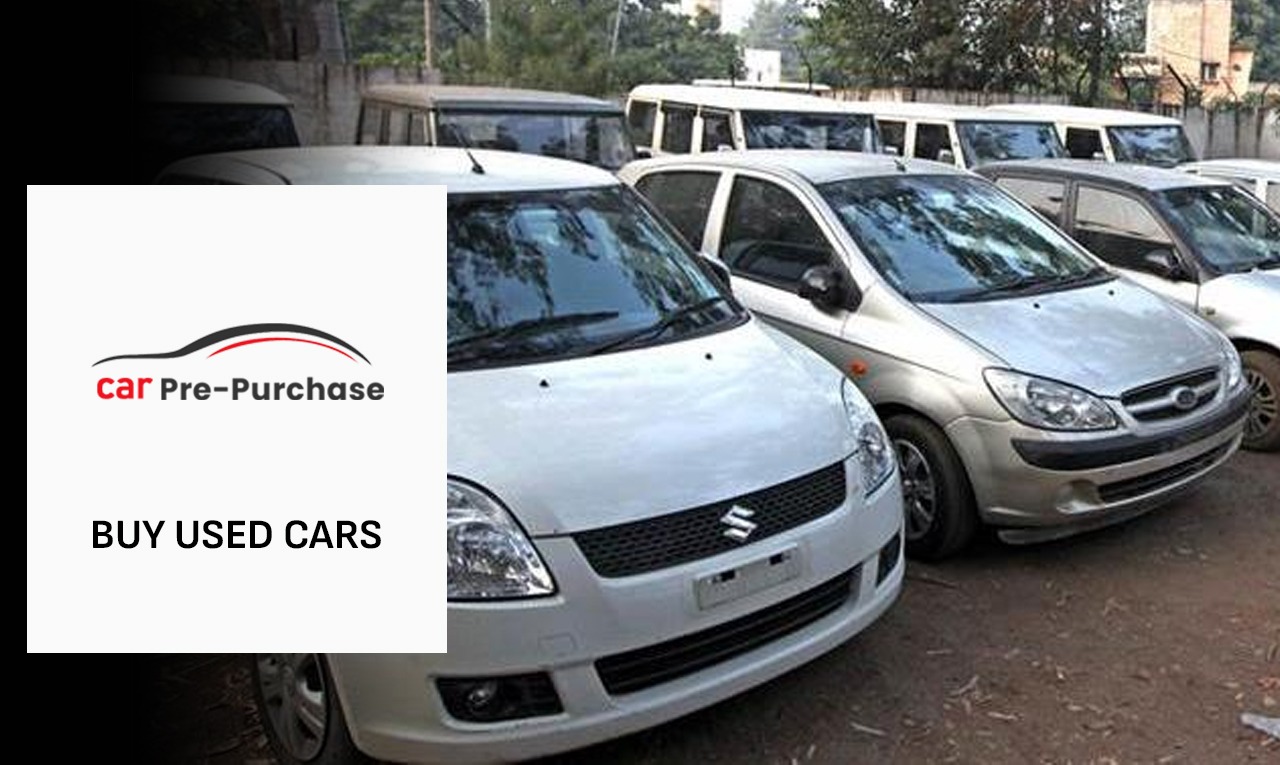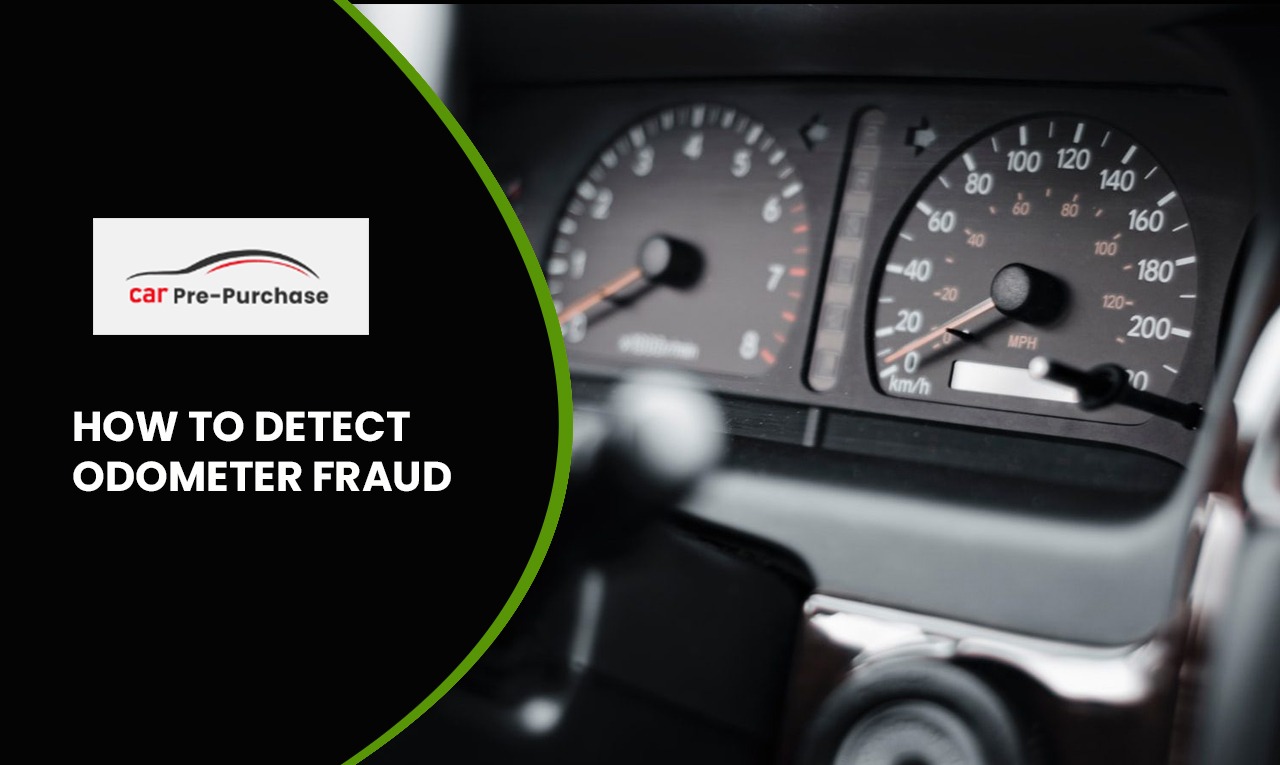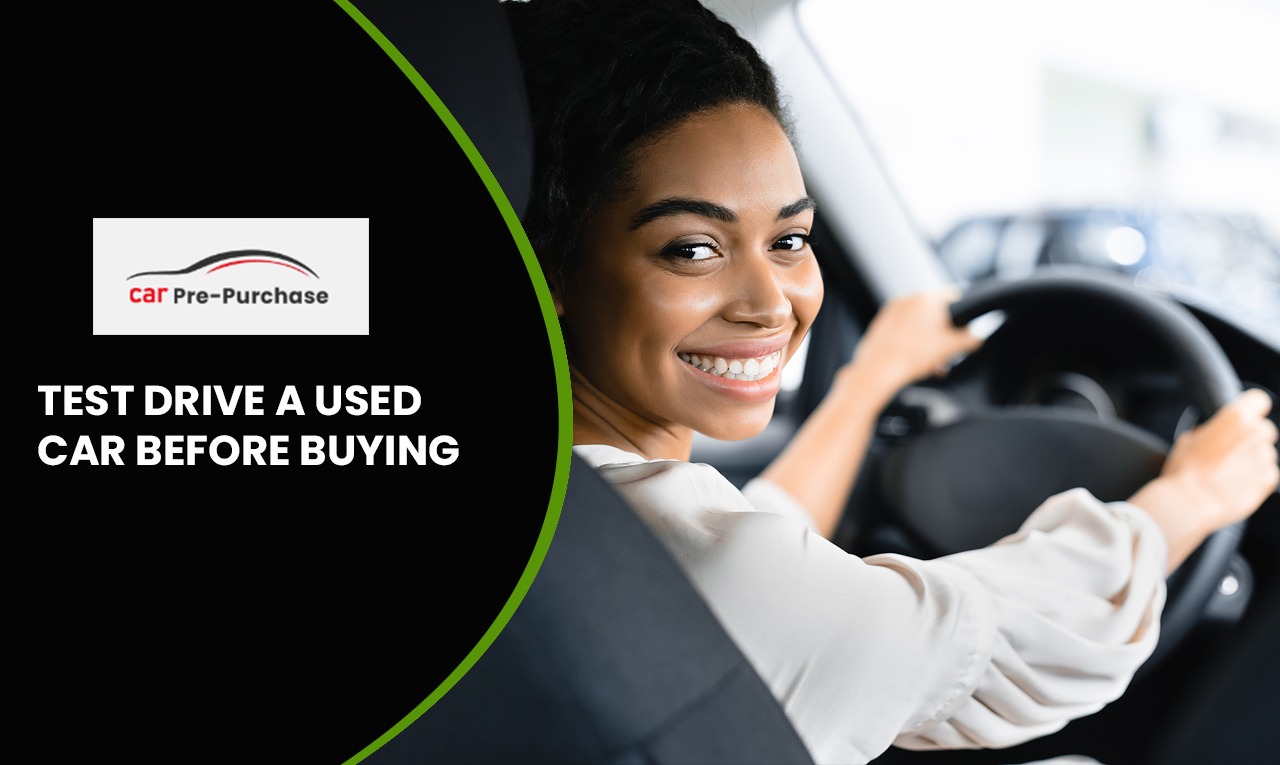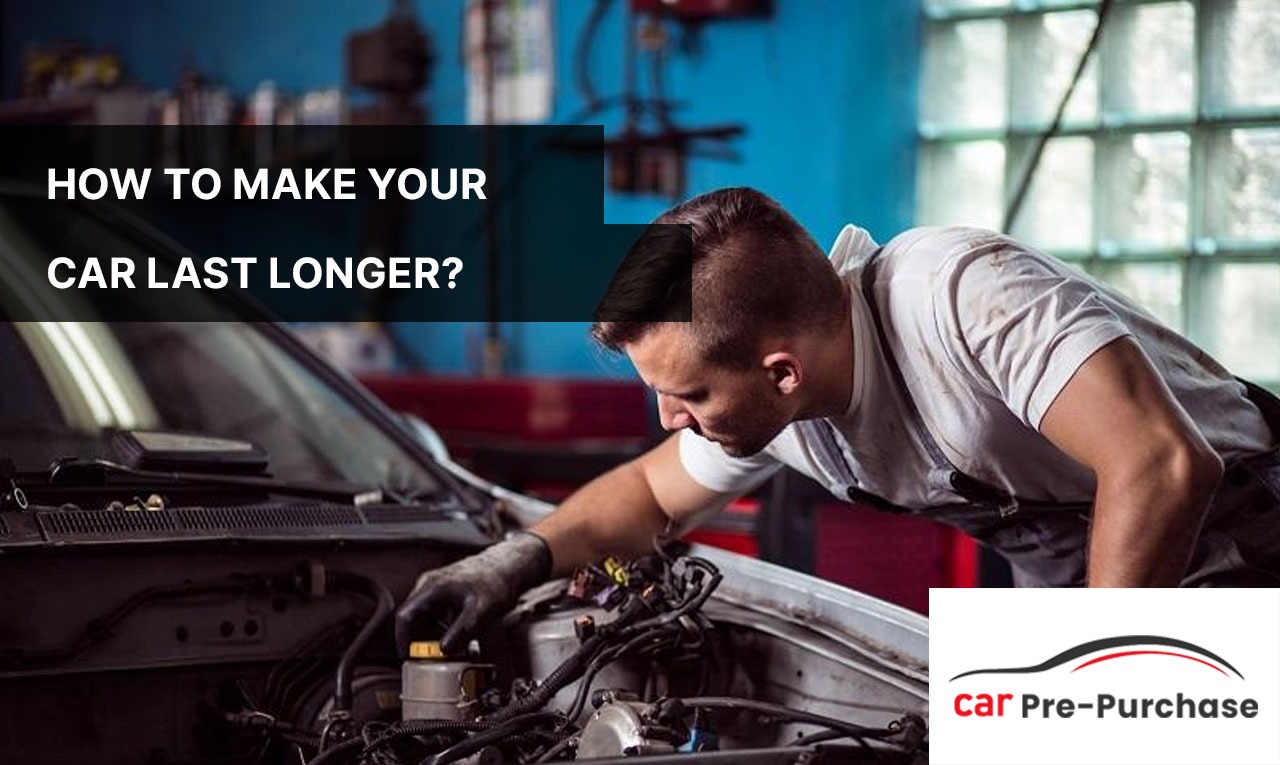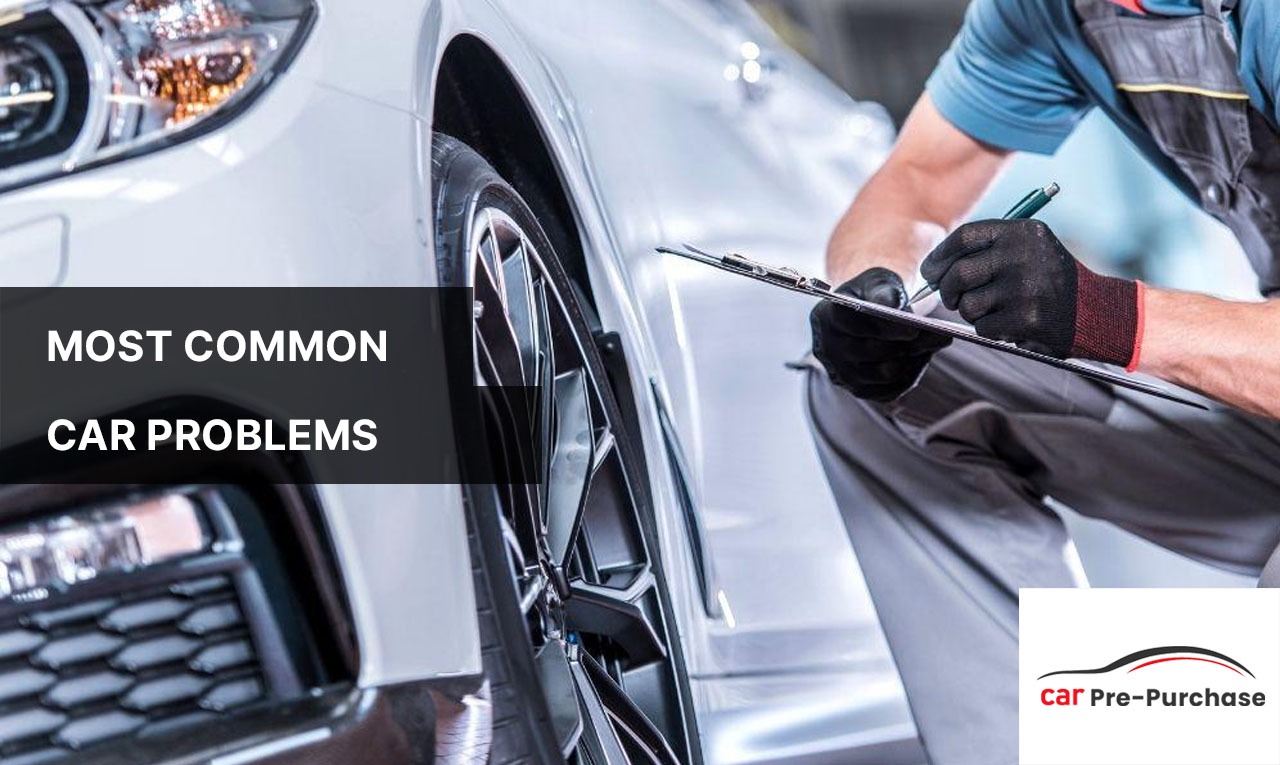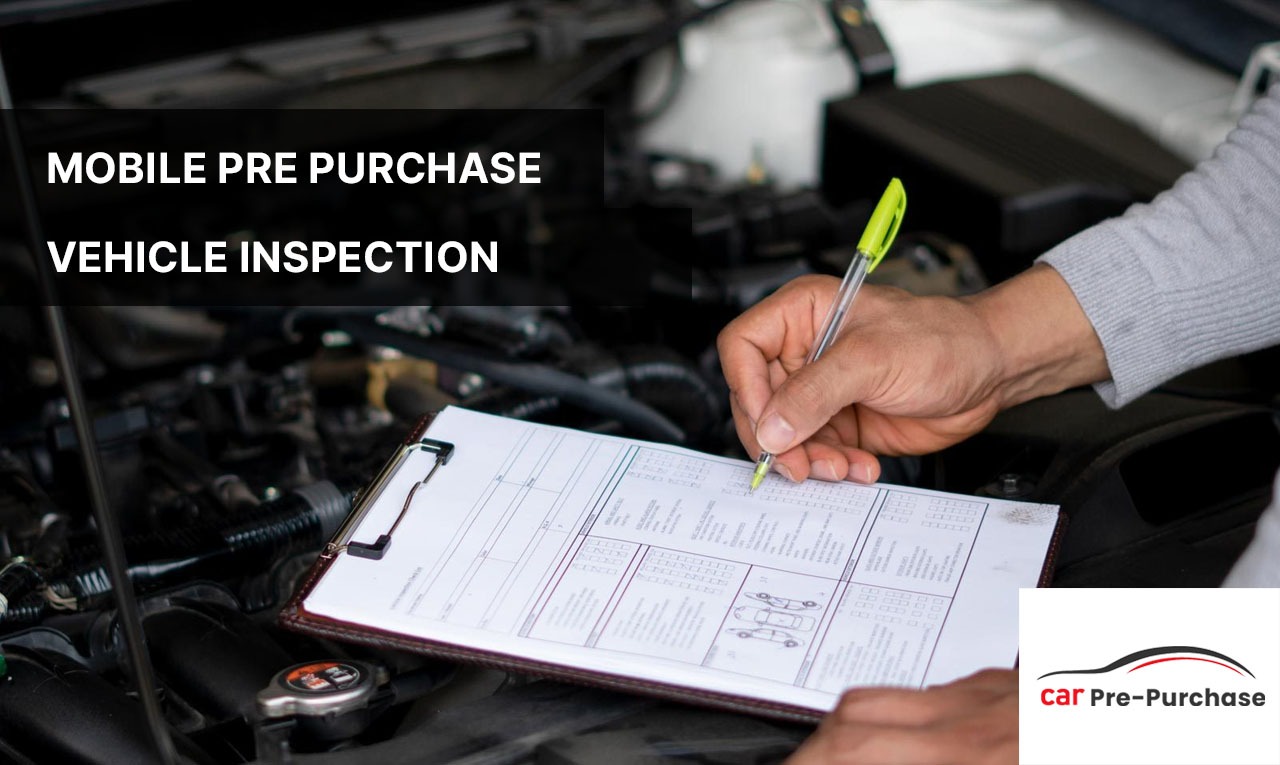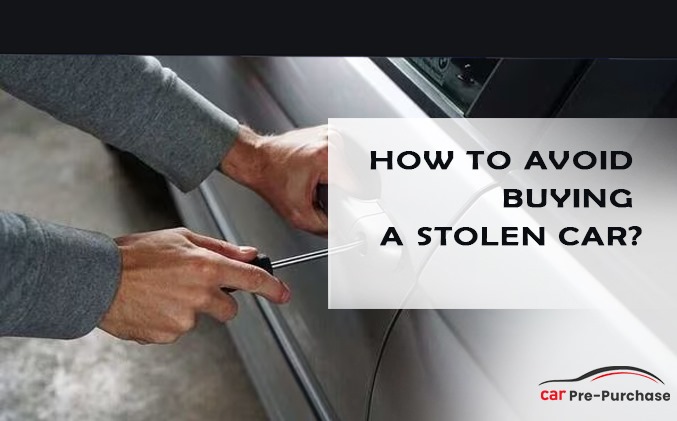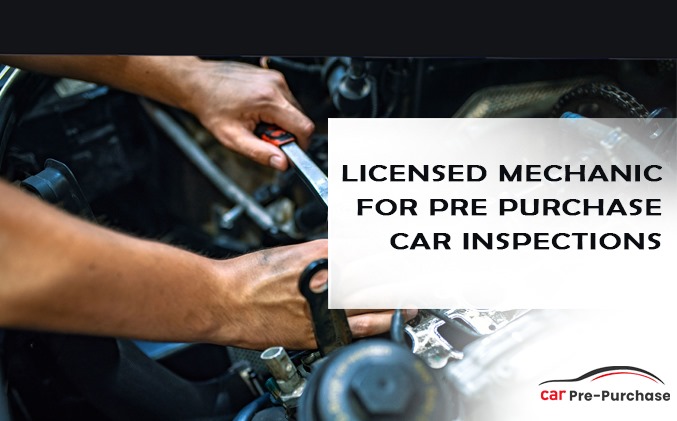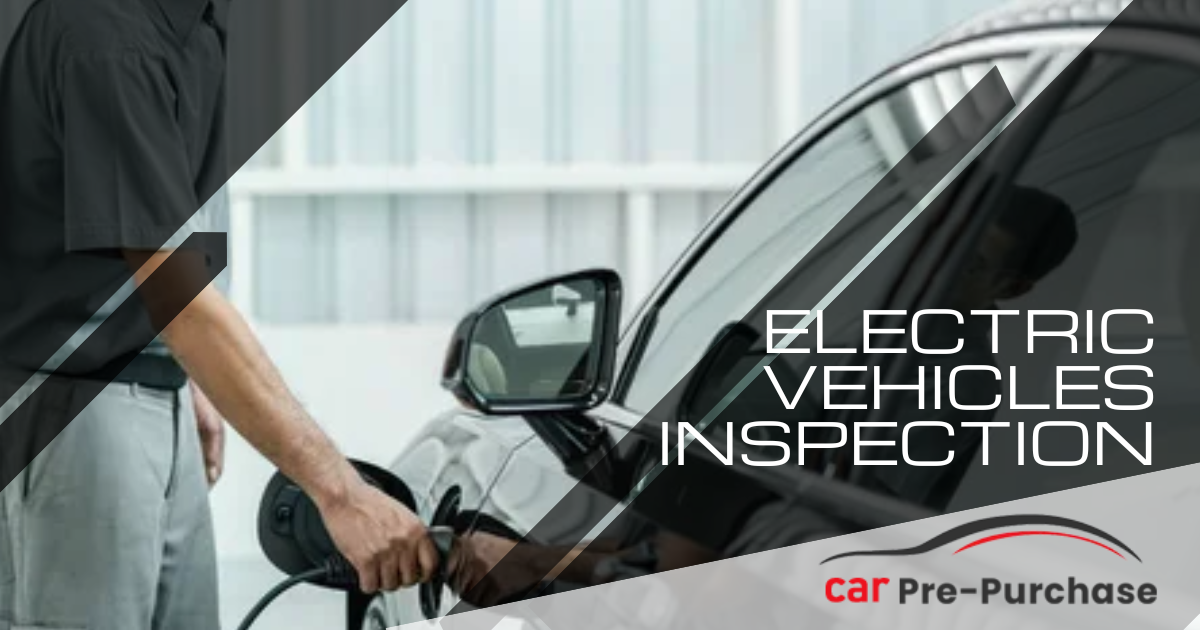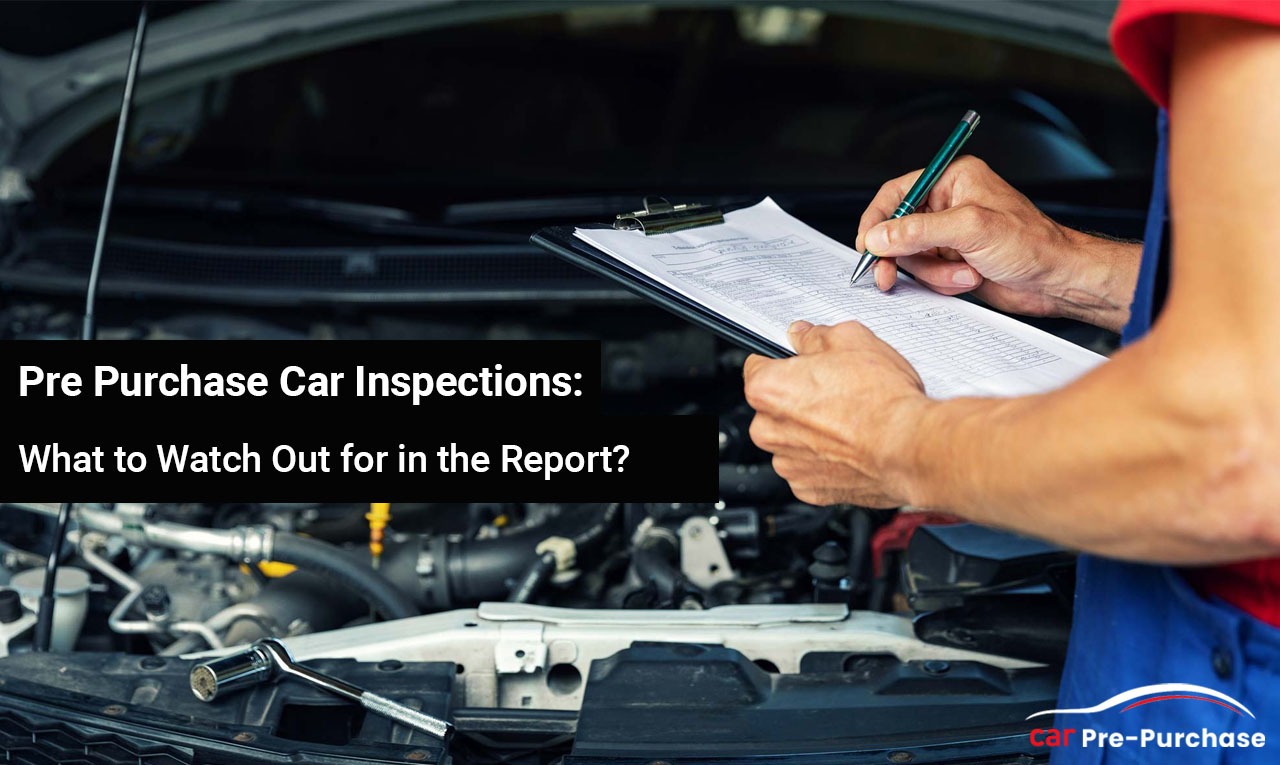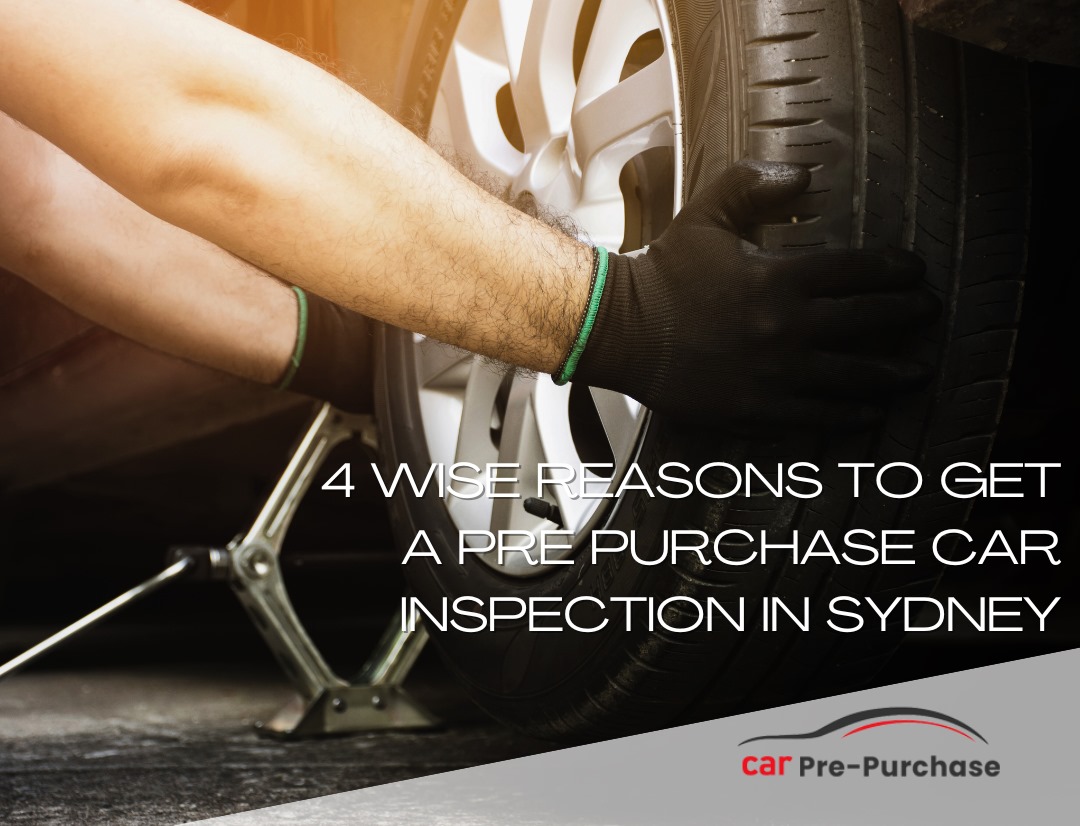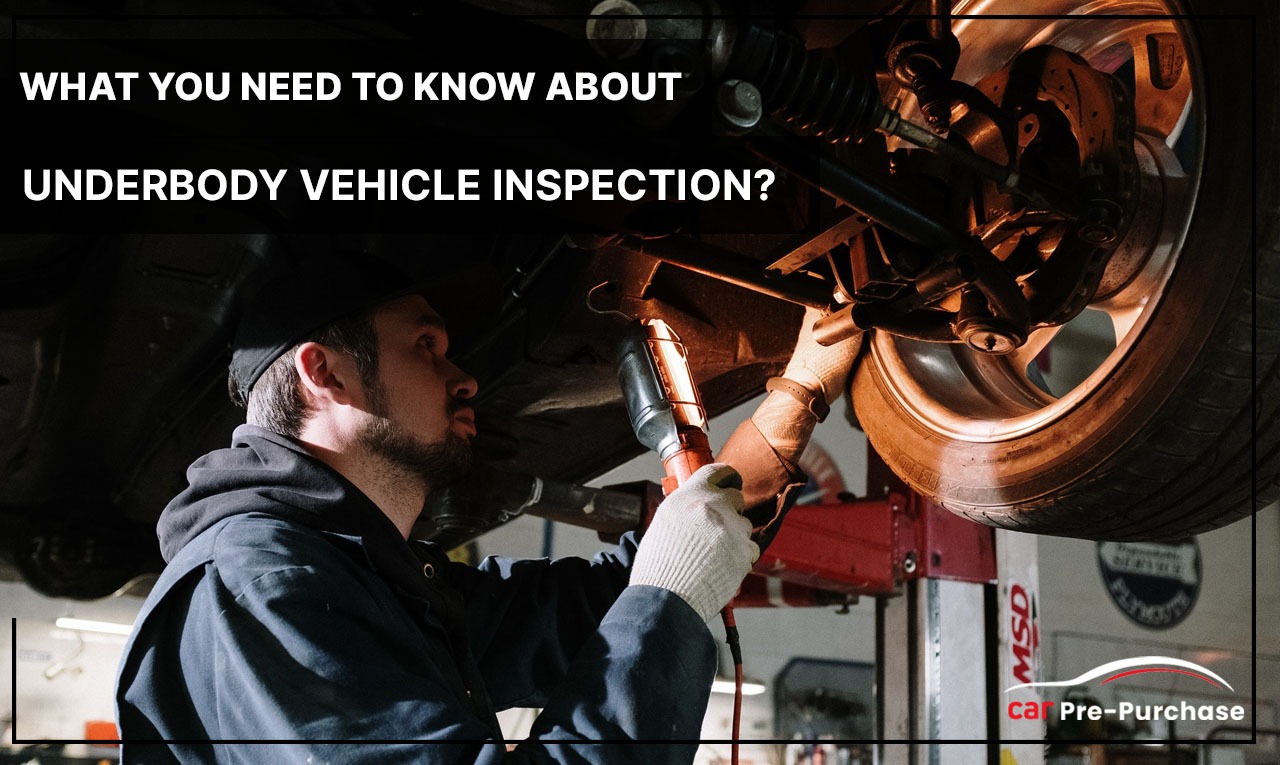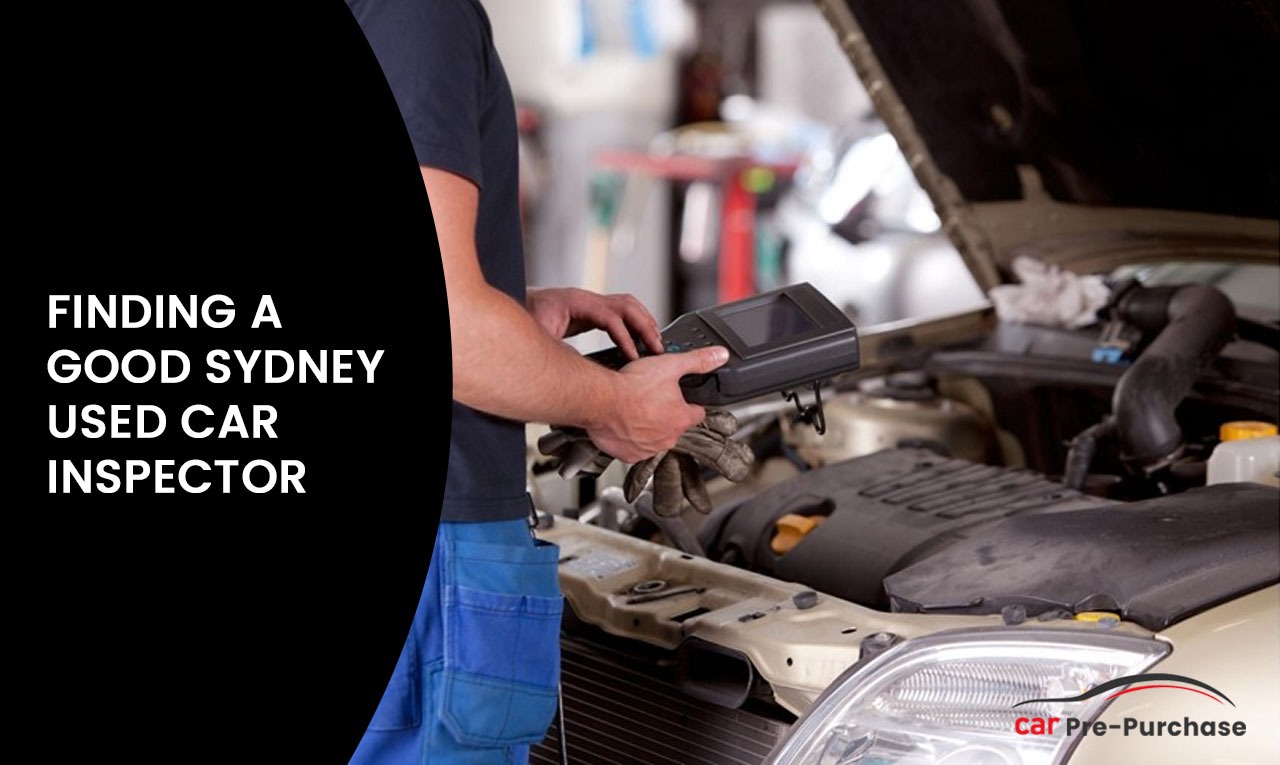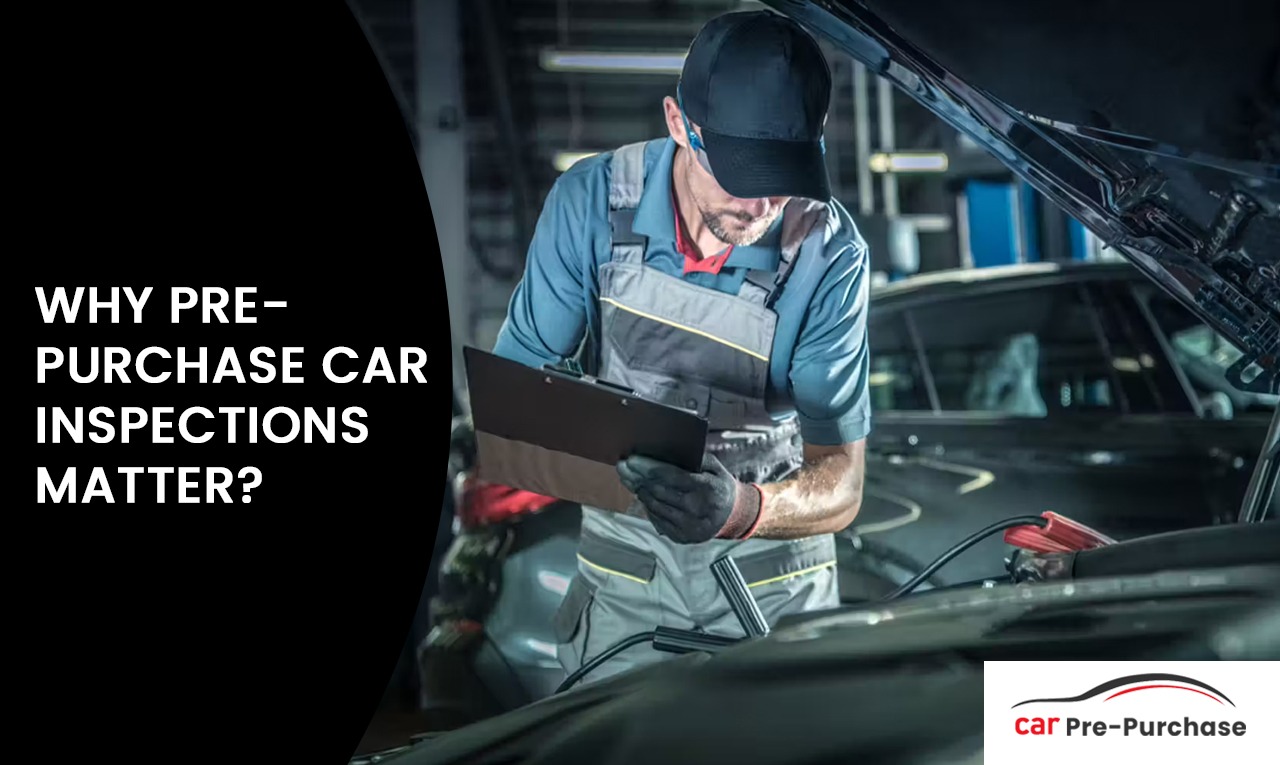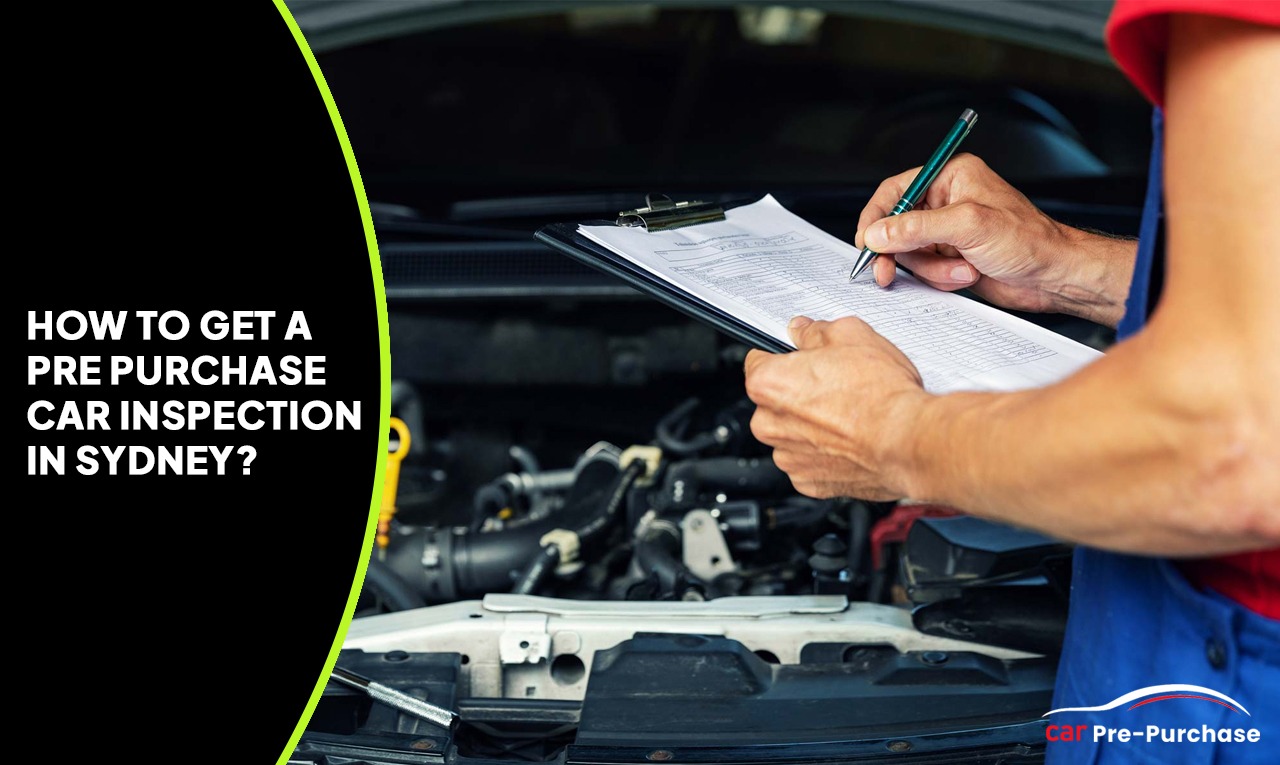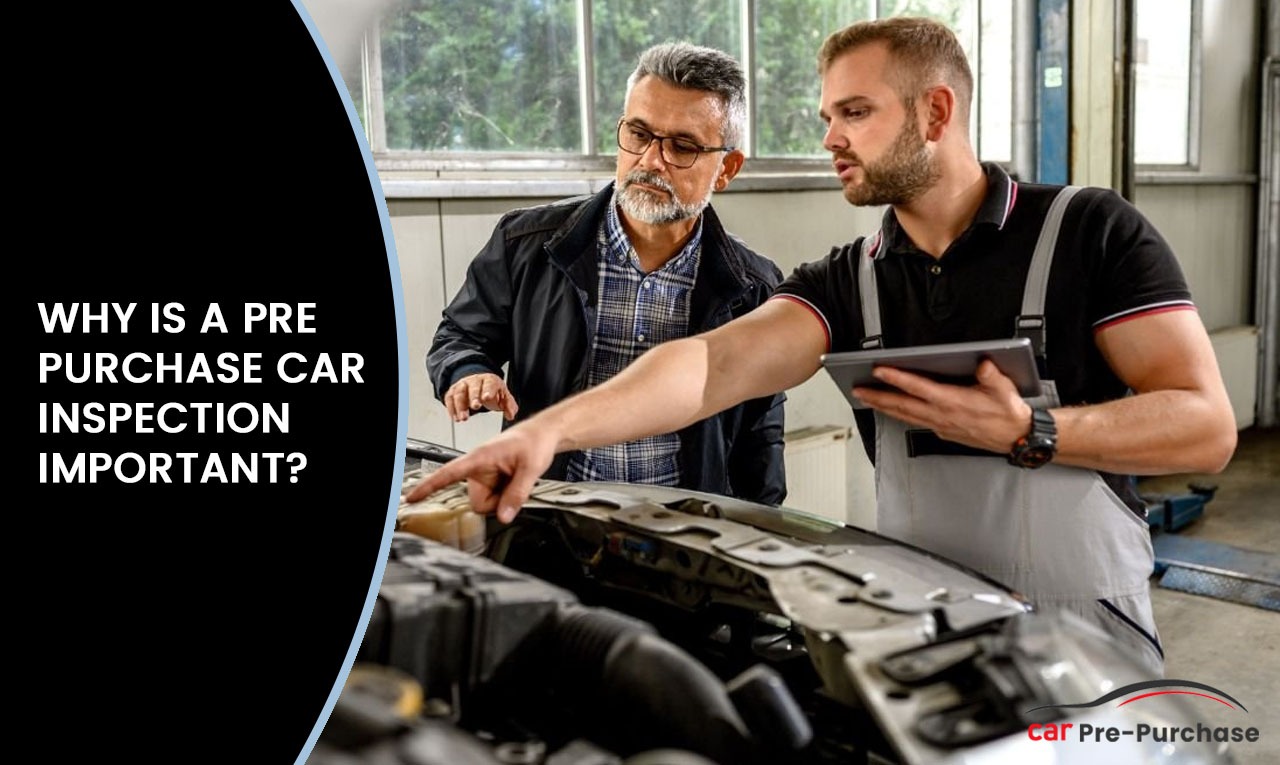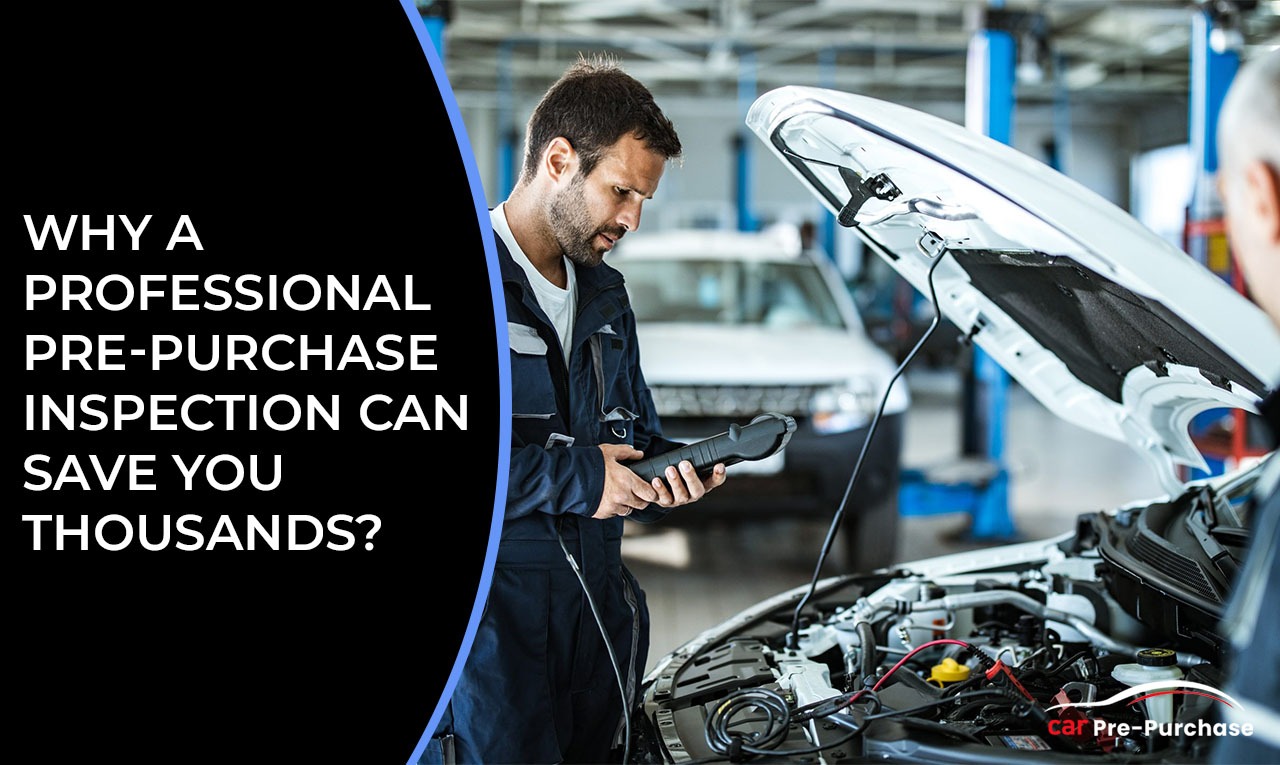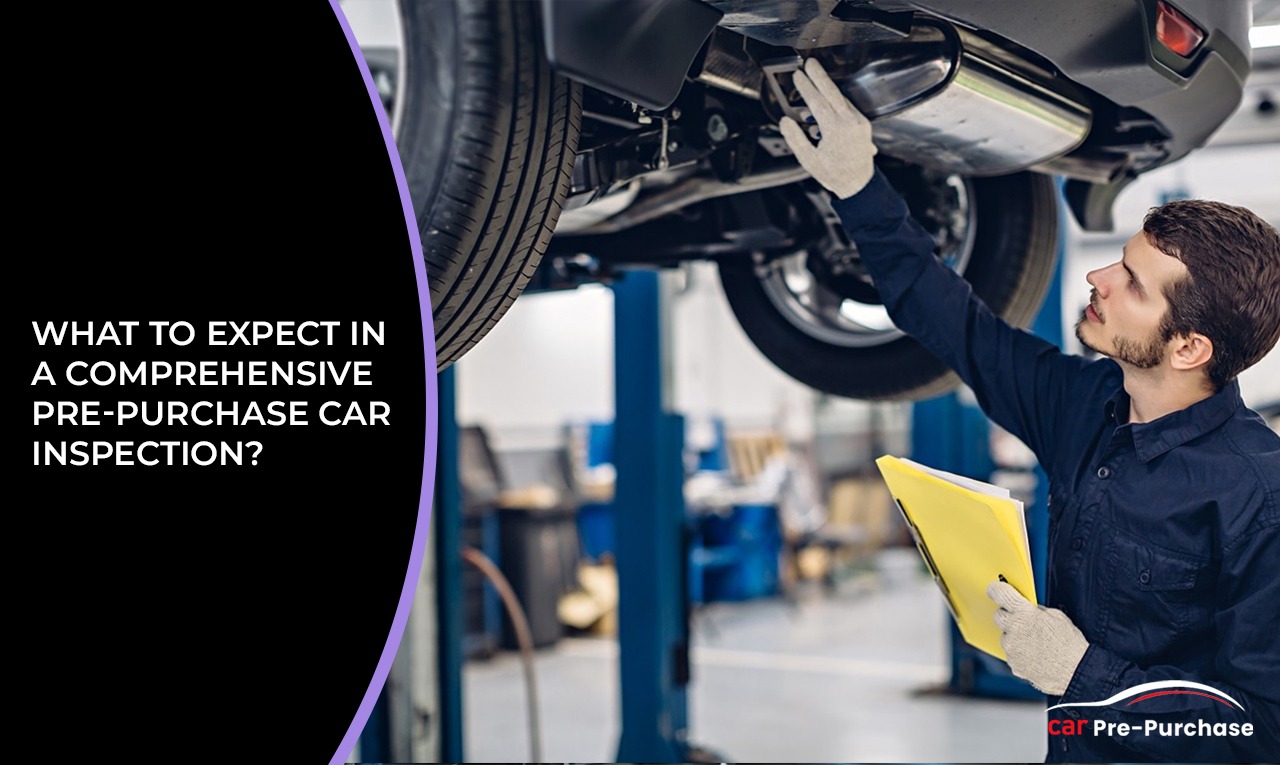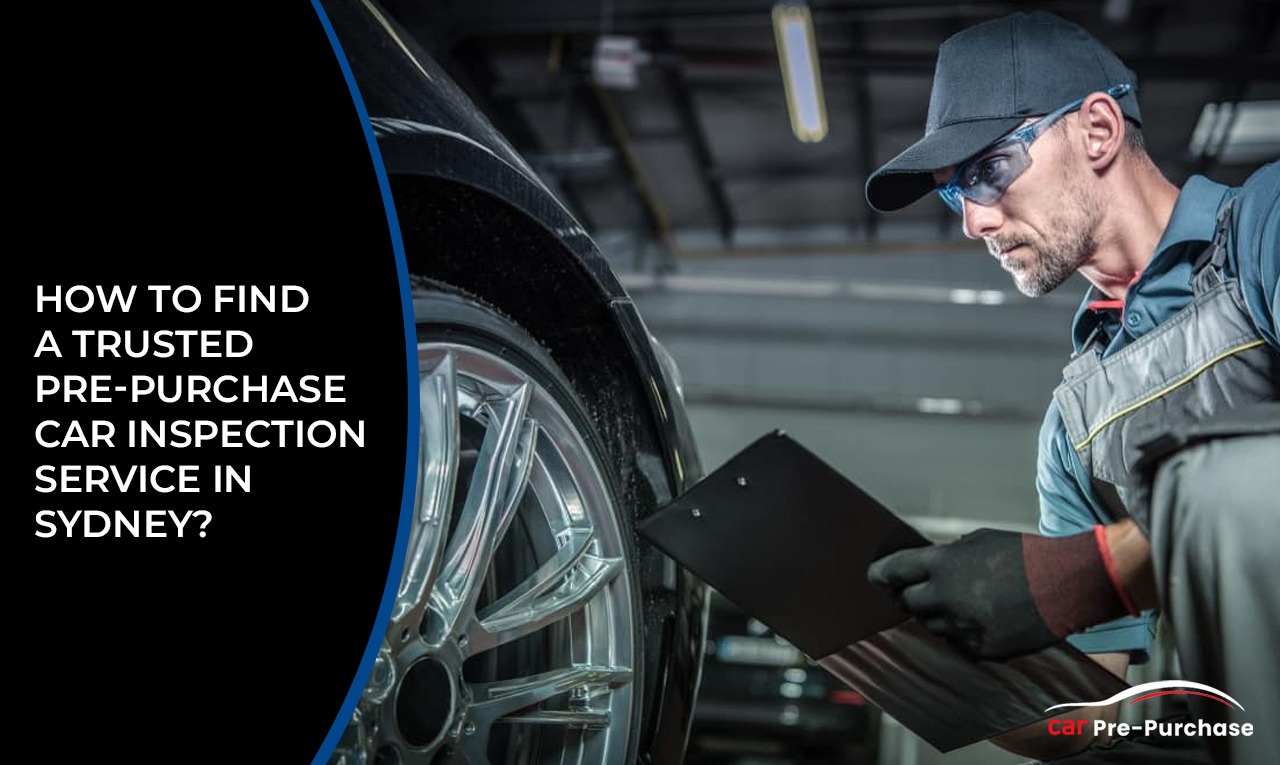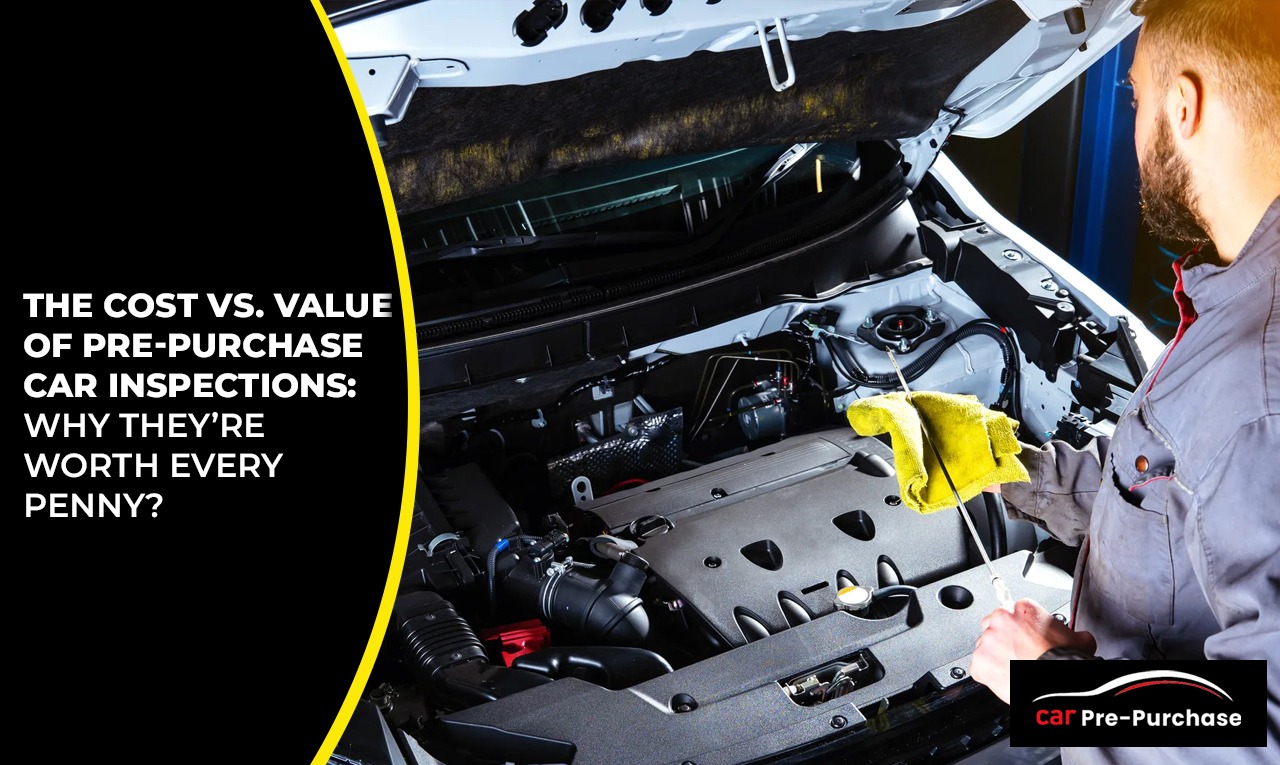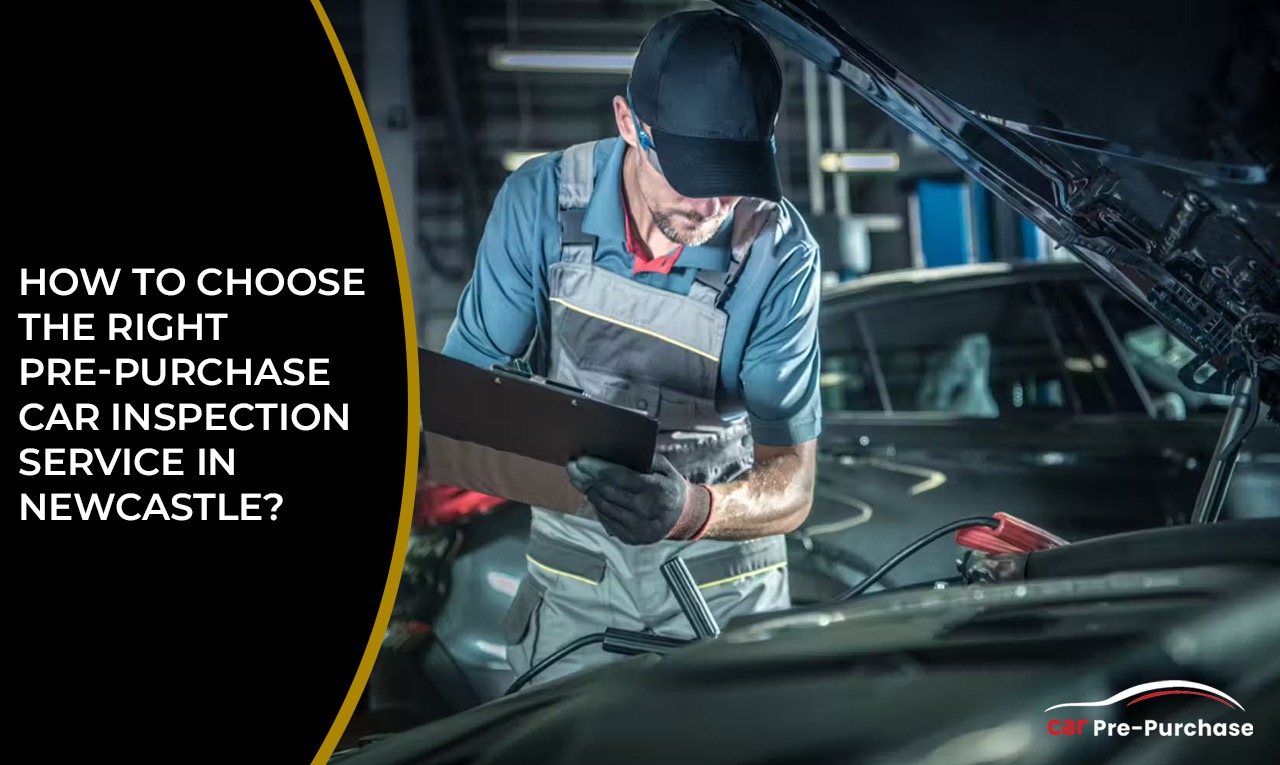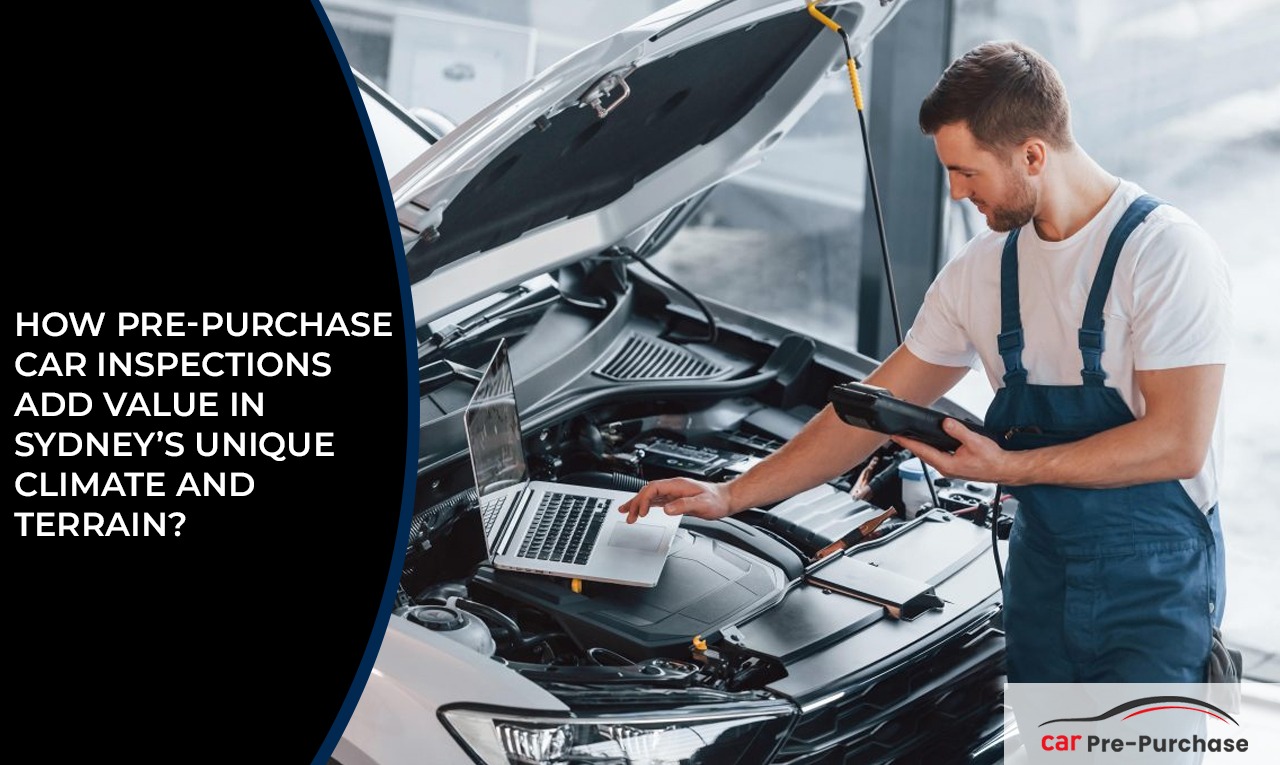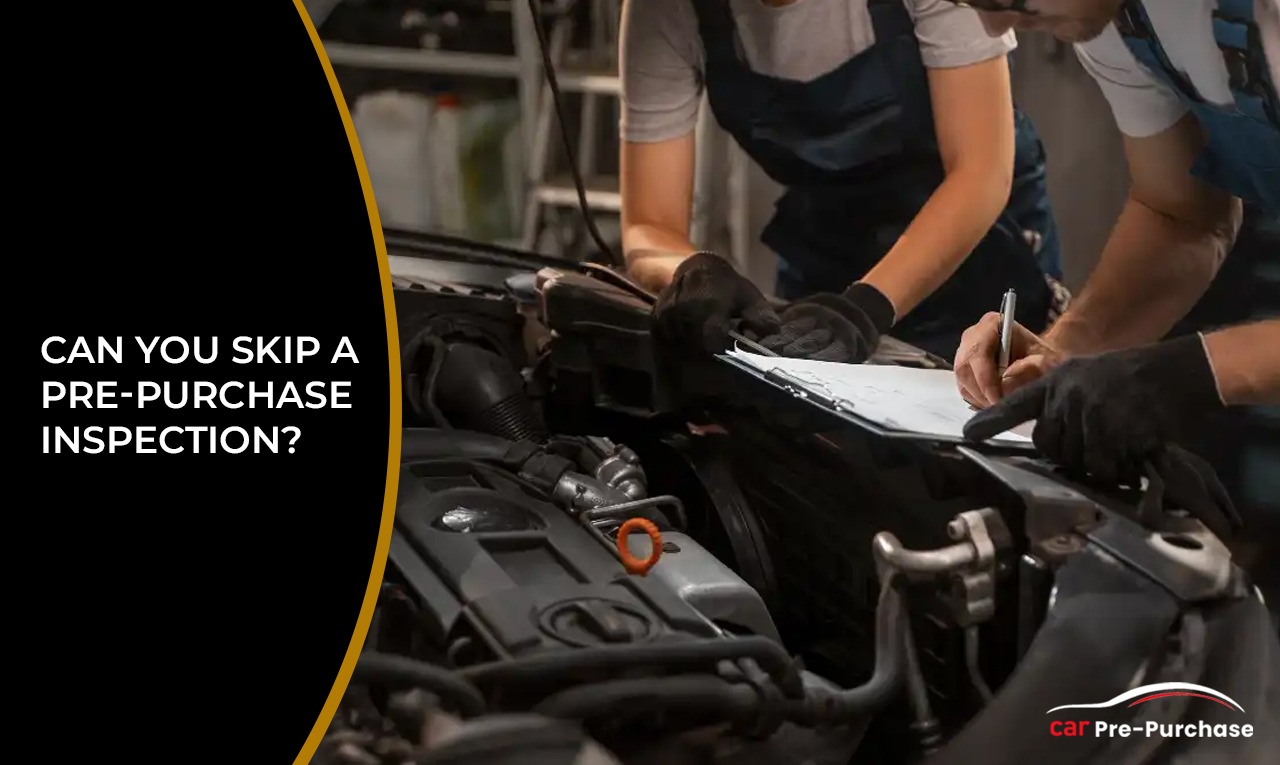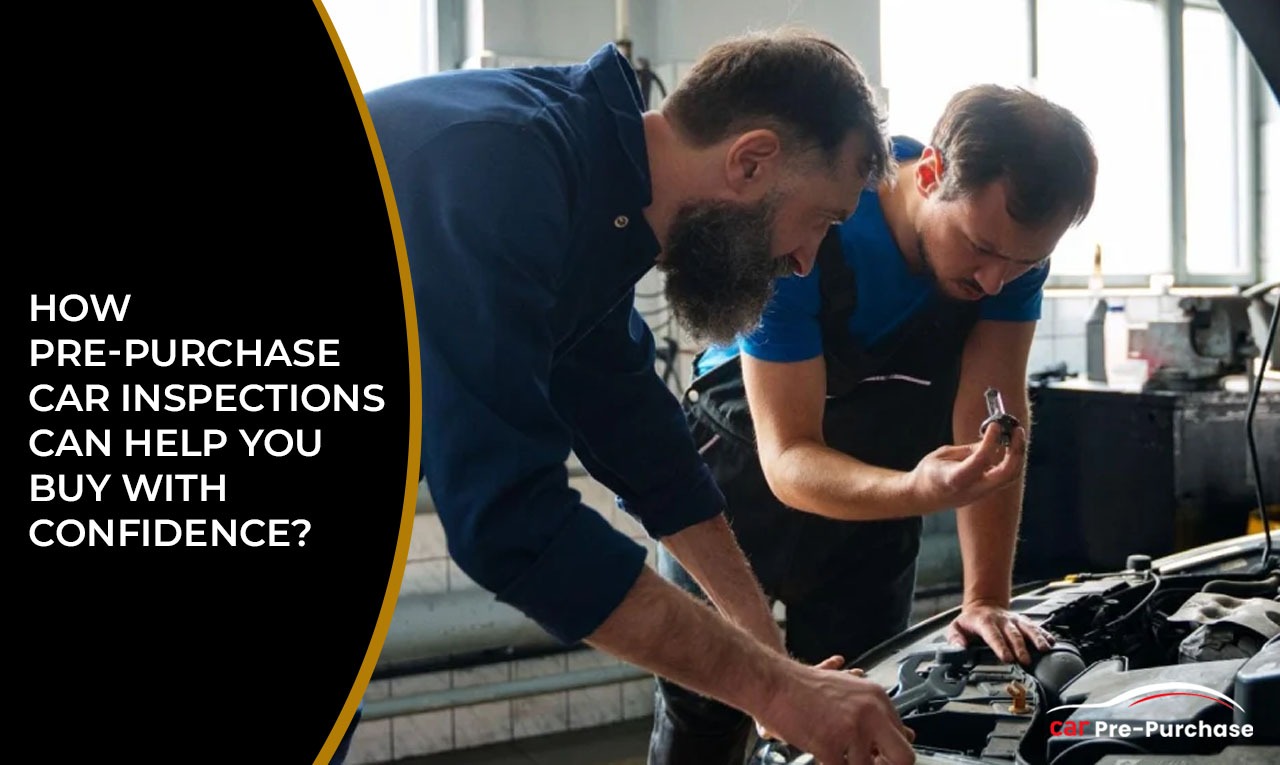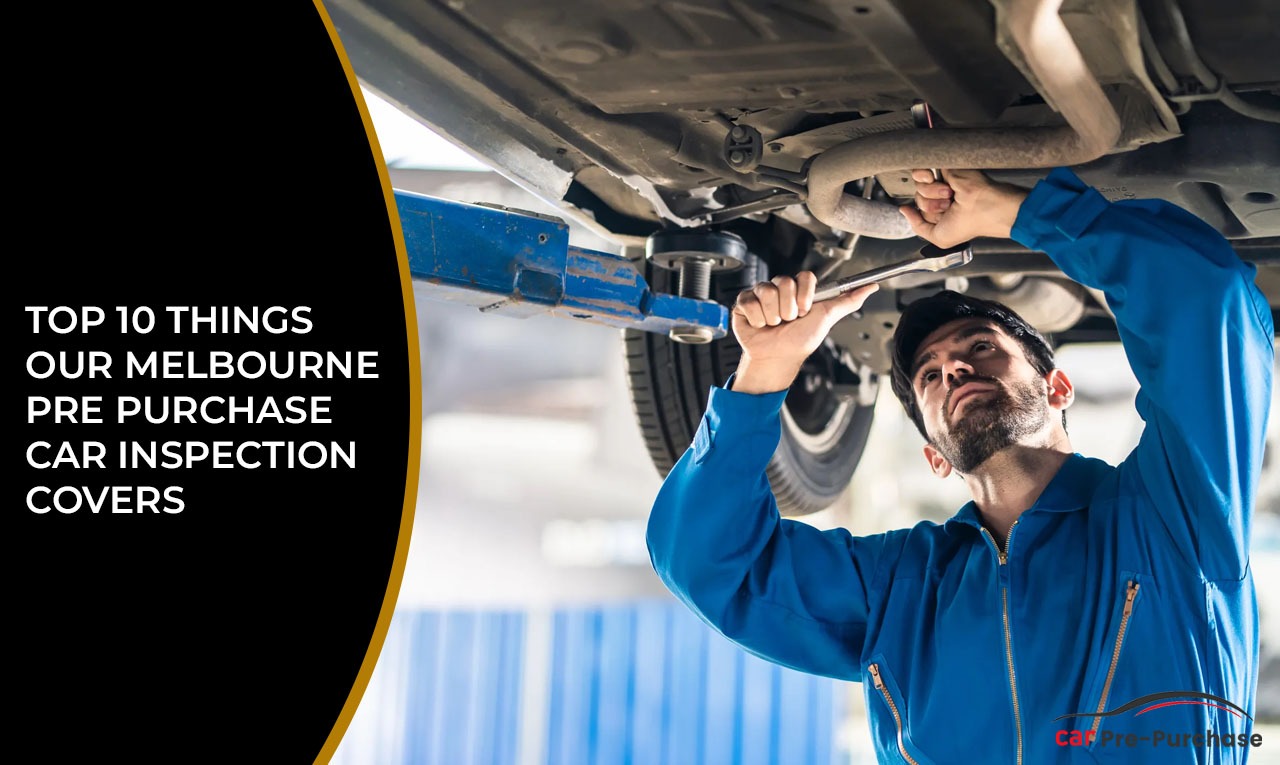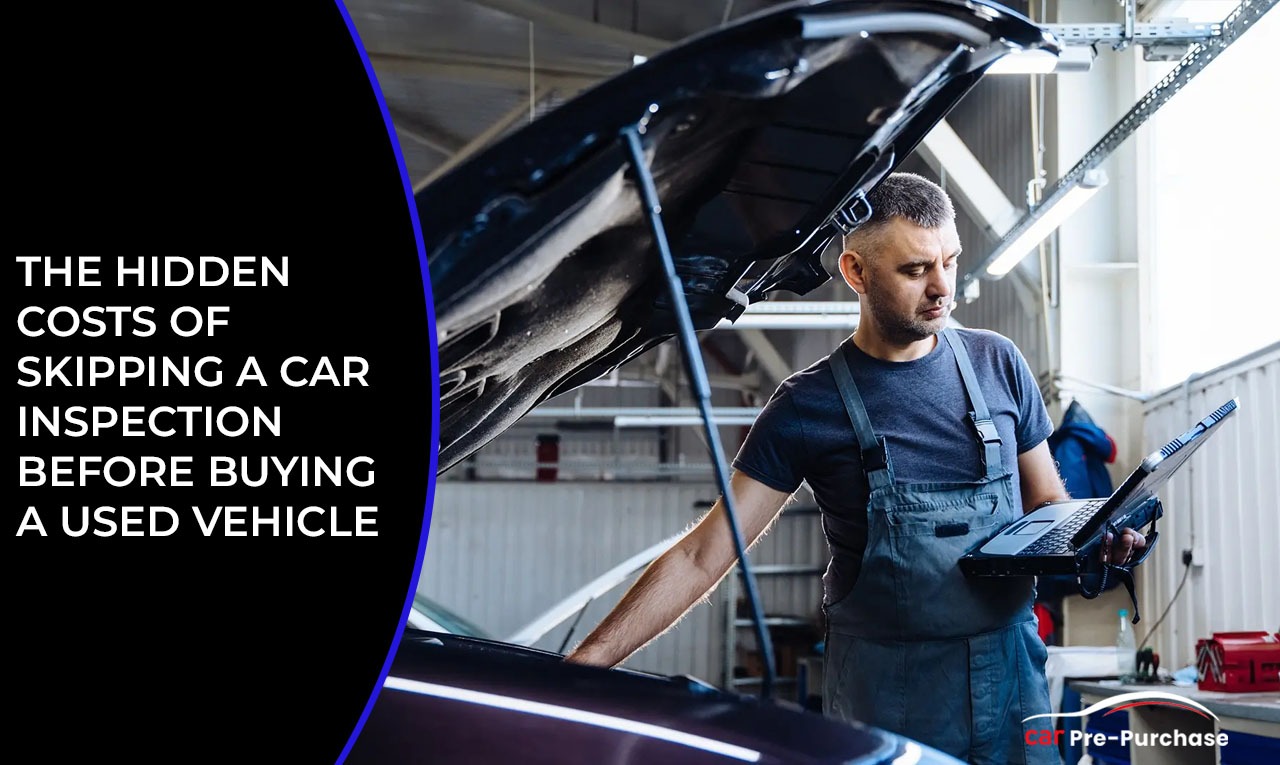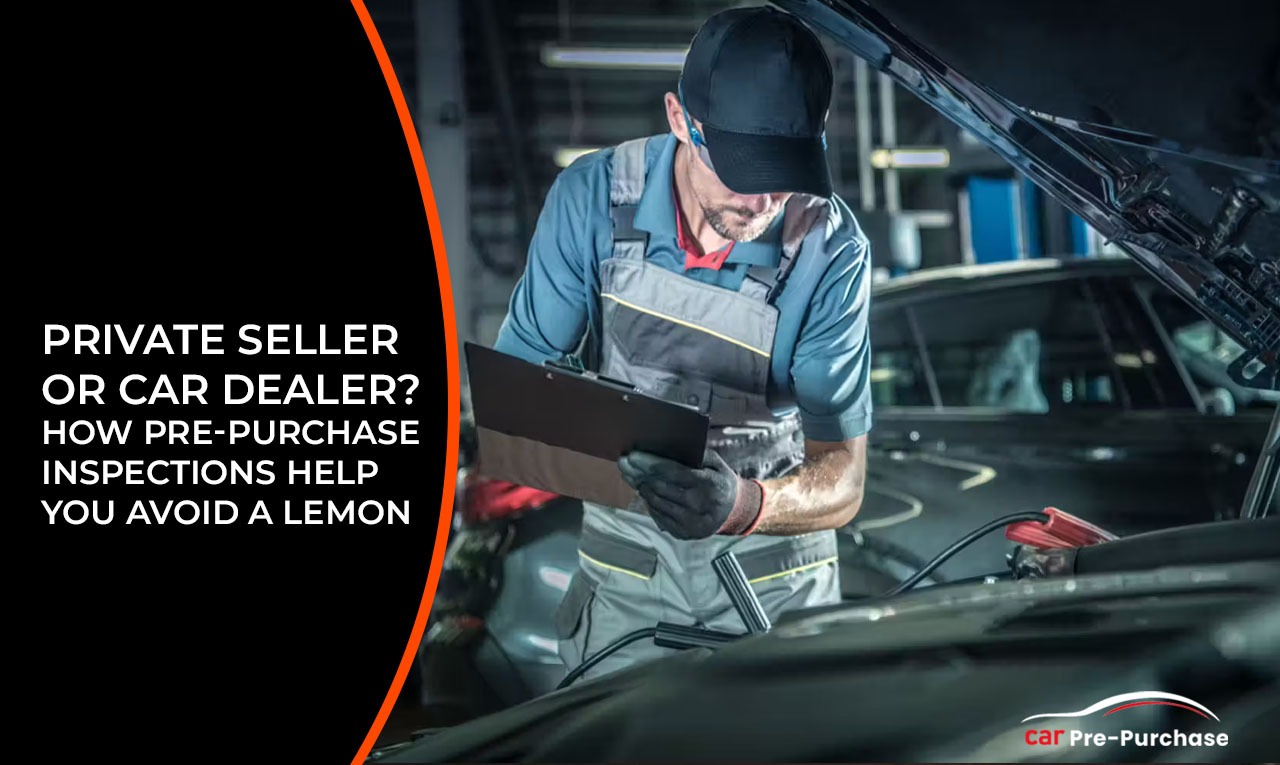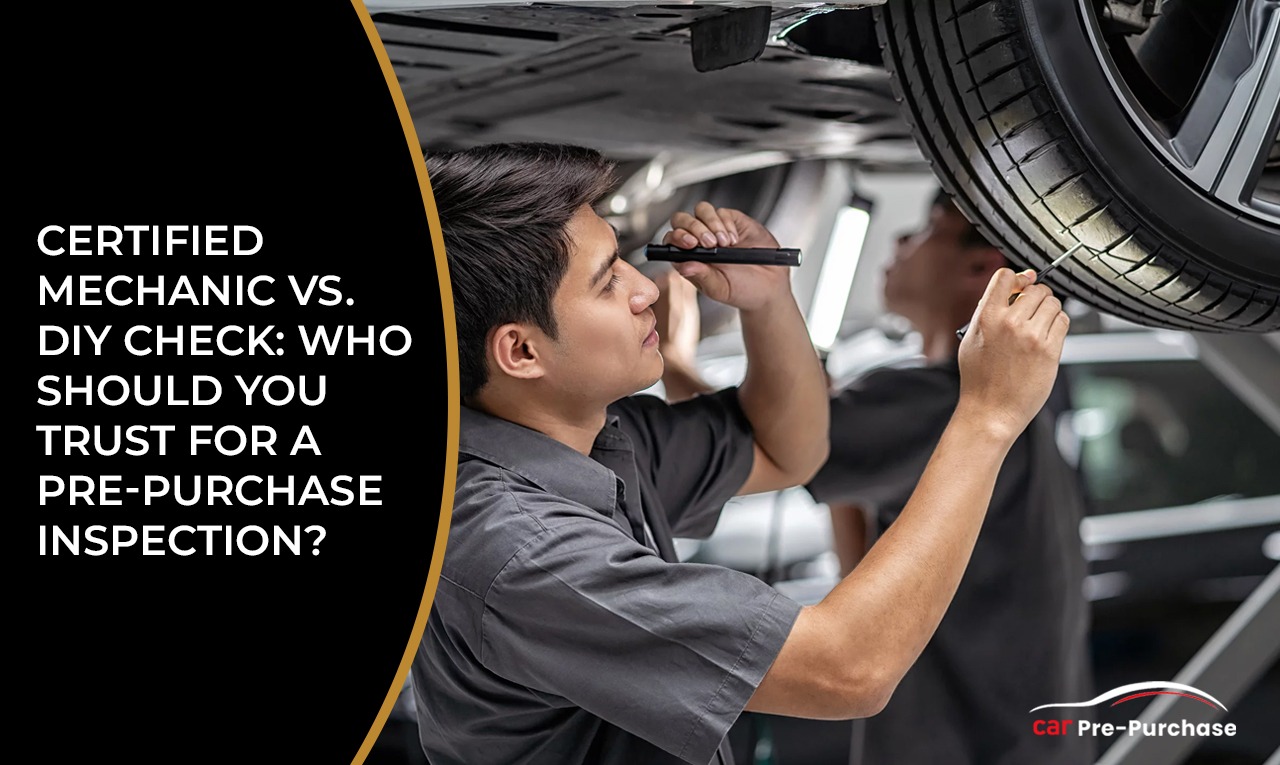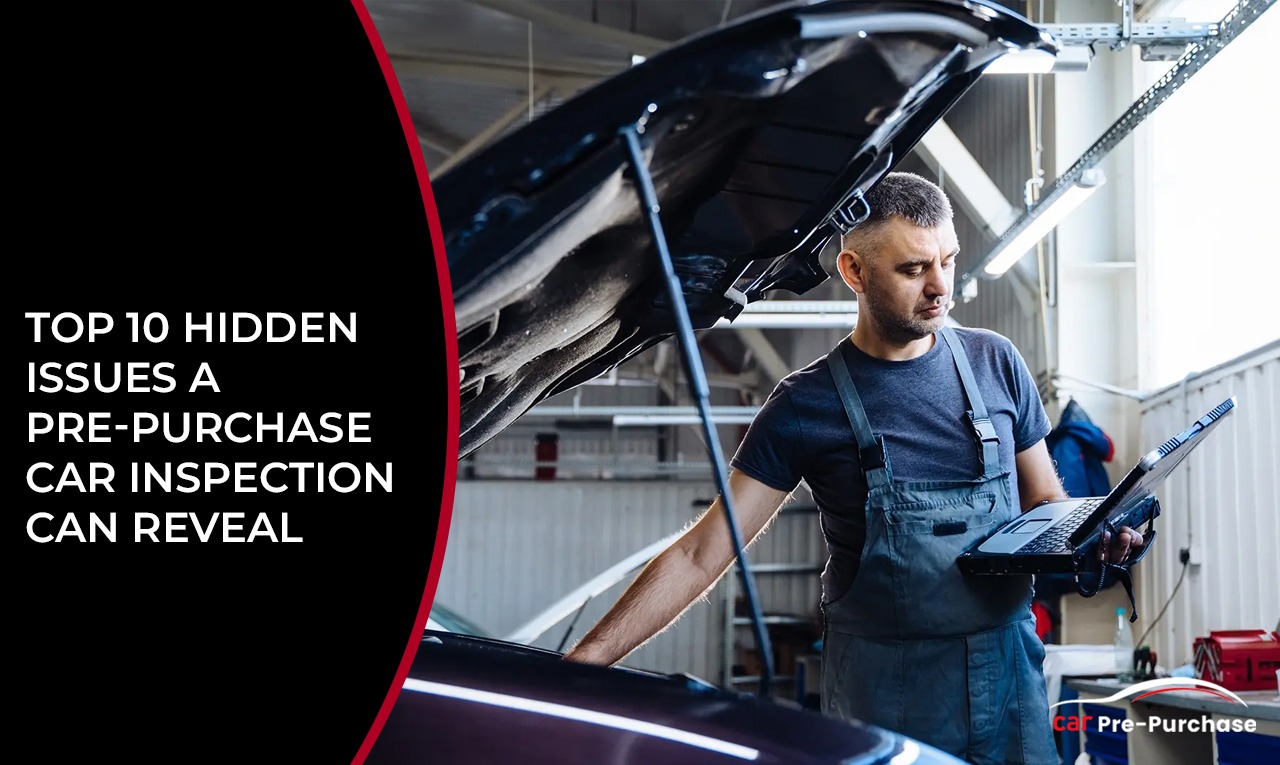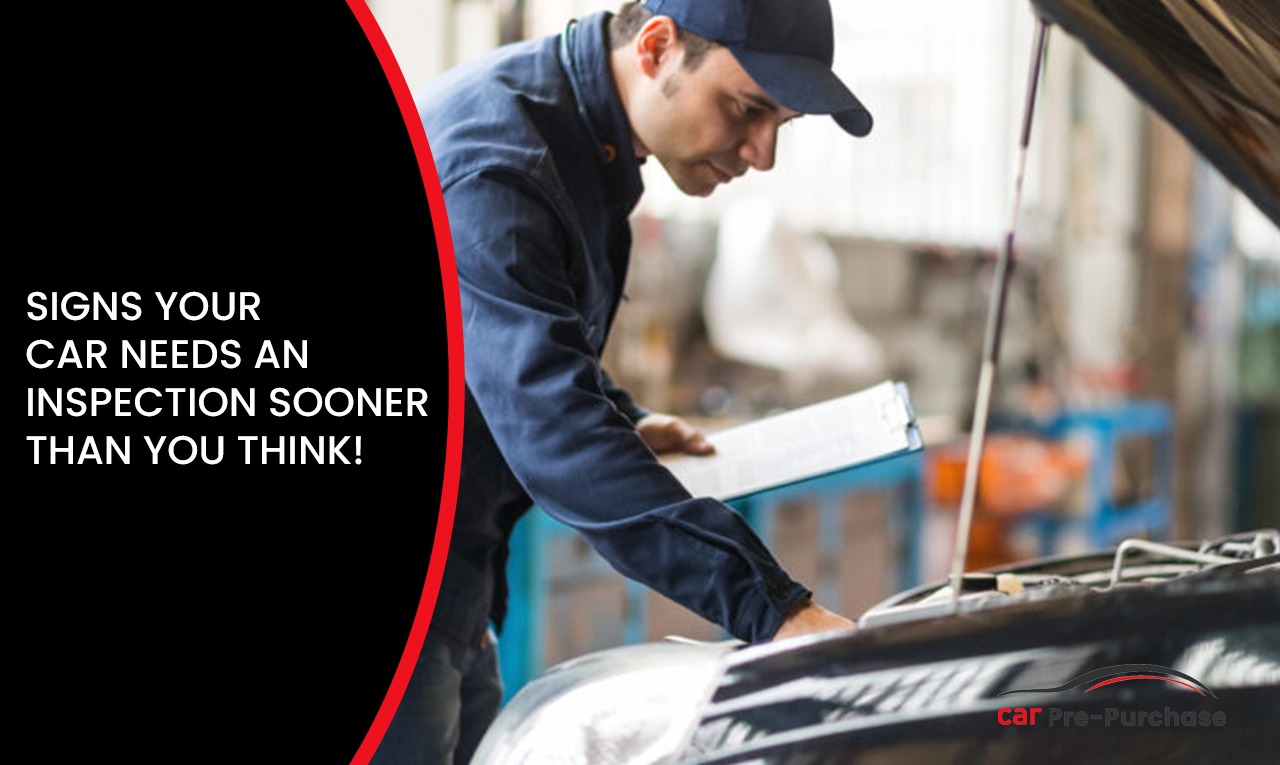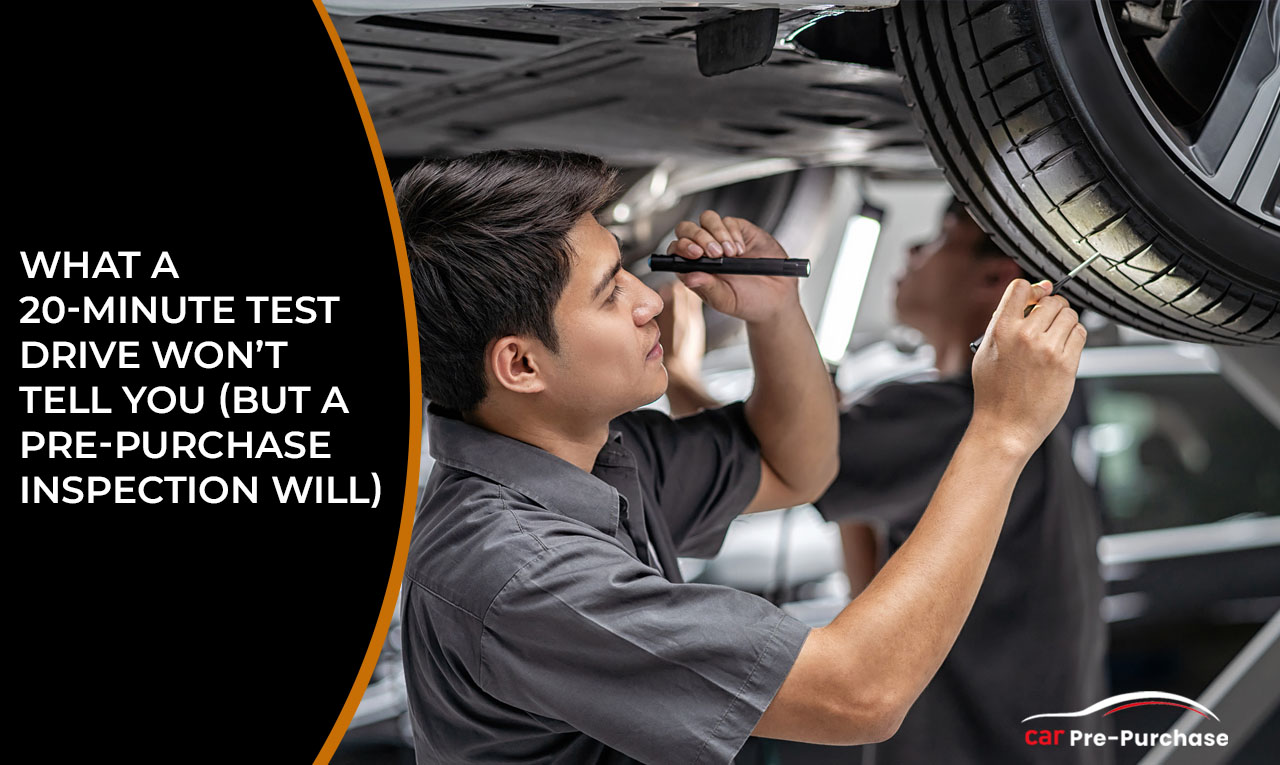
Purchasing a used vehicle can be an exhilarating yet intimidating experience. With all the options and unsuspecting pitfalls, it's a snap to fall for a glossy finish and a slick 20-minute road test. But behind the wheel, expensive problems may just wait to arise. This is where a pre purchase car inspection comes into play. It's your greatest protection against lemons and guarantees you're making a wise, well-informed investment.
Let's examine how pre-purchase inspections safeguard your hard-earned money — and what you should know before signing on the dotted line.
Test Drive vs. Inspection: What's the Difference?
A test drive gives you a sense of the car's performance, comfort, and handling. It gives you an idea of how the car handles, brakes, accelerates and turns. But a test drive is restricted — it will not show you engine issues, fluid leaks, or internal wear and tear.
Conversely, a pre purchase car inspection goes deep into the mechanical and structural condition of the vehicle. An experienced mechanic performs it and reviews the engine, suspension, brakes, tires, electronics, and more. It's a thorough look that no test drive can provide under the hood.
Why You Need a Mechanic Inspection Before Purchase?
Would you purchase a house without an inspection? The same principle holds true with cars. A used car inspection checklist saves you from assuming someone else's issues. A certified mechanic can identify:
- Concealed damage from accidents.
- Engine problems.
- Worn-out brake pads or tyres.
- Leaky fluids.
- Electrical system malfunctions.
- Frame or chassis damage.
This inspection provides you with an unbiased opinion on the condition of the car and can assist you with getting a fair deal or avoiding the vehicle altogether.
Buying Used Car Tips: Be Smart, Not Sorry!
When purchasing a used vehicle, some savvy individuals' FAQs about used car purchase can save the day:
- Ask for service history every time: It indicates the vehicle's maintenance.
- Check for accident history: Utilize VIN reports to disclose previous crashes.
- Don't do it in a rush: Take time reviewing documents and the vehicle.
- Take care to bring a pro: Even if you're familiar with automobiles, a professional mechanic brings tools and experience you may not have.
- Trust your gut: If it doesn't feel right, it might not be.
A pre-purchase inspection is one of the best tips — it provides peace of mind and the whole story.
What’s Included in a Pre-Purchase Car Inspection?
A standard used car inspection checklist involves a complete assessment of the vehicles:
- Exterior: Paint, dents, rust, and body alignment.
- Interior: Seats, dashboard, air conditioning, and electronics.
- Engine and Transmission: Noise, leaks, condition of the oil, belts.
- Suspension and Brakes: Shocks, pads, rotors, and undercarriage.
- Tyres and Wheels: Wear, alignment, and condition.
- Diagnostic Scan: Electronic error codes and system checks.
The mechanic typically delivers a written report and can also explain their findings verbally to you.
How a Pre-Purchase Inspection Saves You Money?
While a car inspection before buying can run $150–$300, it will pay for itself by avoiding thousands in surprise repairs. Here's why:
- Reveals secret repairs: Prevents expensive engine or transmission problems.
- Helps you avoid buying dangerous vehicles: Safety issues can be fatal.
- Provides bargaining leverage: Utilize the report to negotiate a better price.
- Saves you from buyer's remorse: You will know precisely what you are paying for.
A "car inspection near me" is worth a minimal cost in exchange for long-term savings and assurance in your transaction.
When and Where to Get the Inspection Done?
Always obtain the pre purchase car inspection before completing the purchase. Preferably, have it done at an independent garage or by a mobile inspection service, for example Car Pre Purchase, that has years of experience and reputation behind their name. We are not simply restricted to Pre Purchase Car Inspection Sydney, our services also include Car Inspection Newcastle, Car Inspection Penrith.
Don't over-rely on the seller's mechanic — there is the potential for a conflict of interest. A third-party professional will provide you with an honest and unbiased evaluation.
What to Do If the Inspection Finds Issues?
If the pre purchase car inspection reveals issues, you have several possibilities:
- Negotiate the price: Lower the cost of sharing repair costs.
- Request repairs: Have the seller repair problems before purchase.
- Walk away: Sometimes, the best decision is walking away from a bad deal.
The inspection doesn't just protect you — it empowers you to make the best decision.
Why Sellers Should Welcome Inspections Too?
Genuine sellers with nothing to hide should be willing to seek vehicle inspection services. It is evidence that their car is okay and creates trust with the buyer.
If a seller declines an inspection or shows hesitation, then that's a red flag. That may be an attempt to conceal something. Remember that no deal on a car is worth ignoring warning signs.
Quick Checklist Before Buying a Used Car
Before you pay a dime, ensure you've checked off these essential steps:
- Obtain a pre-purchase inspection from a reputable mechanic.
- Check the car's service history and logbook.
- Look for evidence of rust, damage, or oil leaks.
- Test all electronics and extras within the car.
- Check the vehicle's registration and ownership status.
- Take it for a good test drive.
Tip: Never bypass the inspection – it's your best defence against hidden costs.
Purchasing a used vehicle doesn't have to be a gamble. A pre purchase car inspection puts the power back in your hands. You're not merely purchasing for appearance or a test drive—you're investing in long-term value, safety, and confidence.
Before you purchase, step back and ask yourself: "Do I truly know what's under the hood?" If the answer is no, it's time to schedule that inspection and understand the 10 Things Our Car Inspection Covers.
